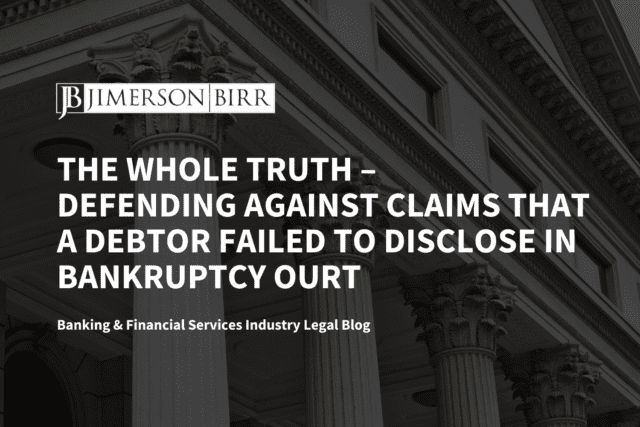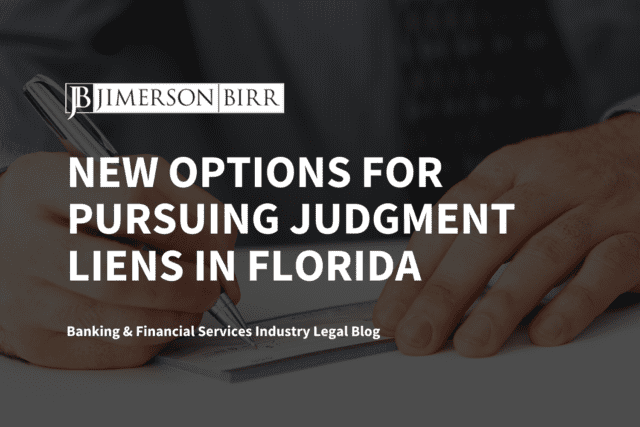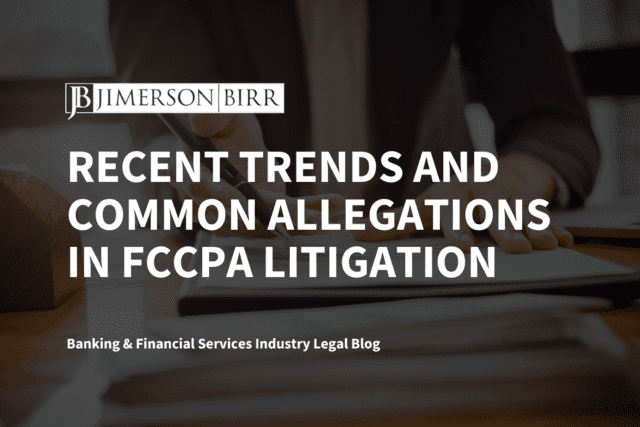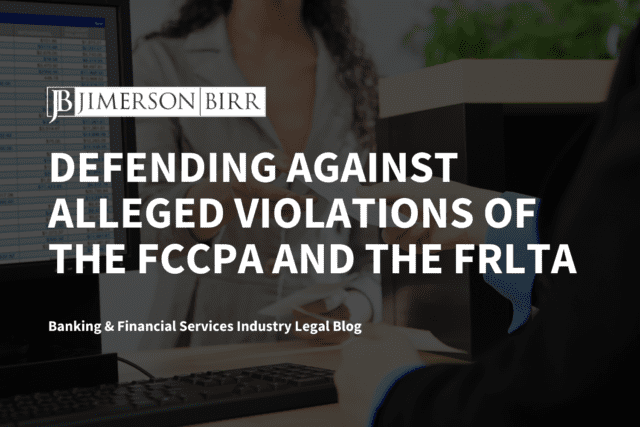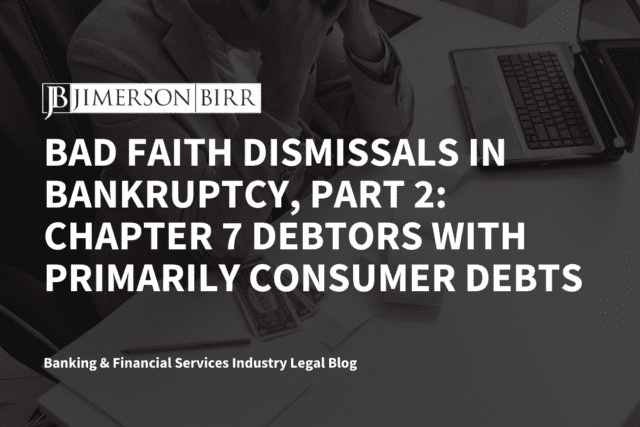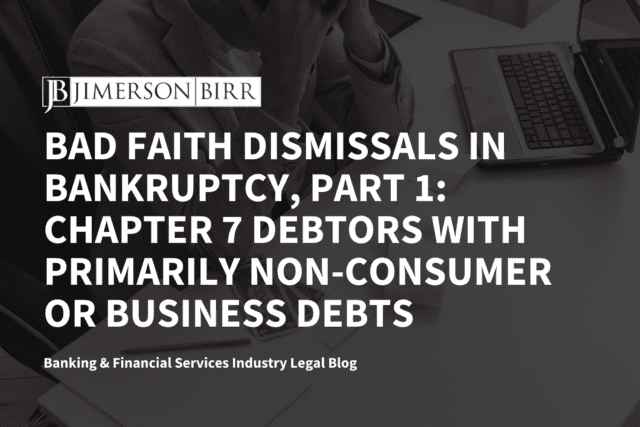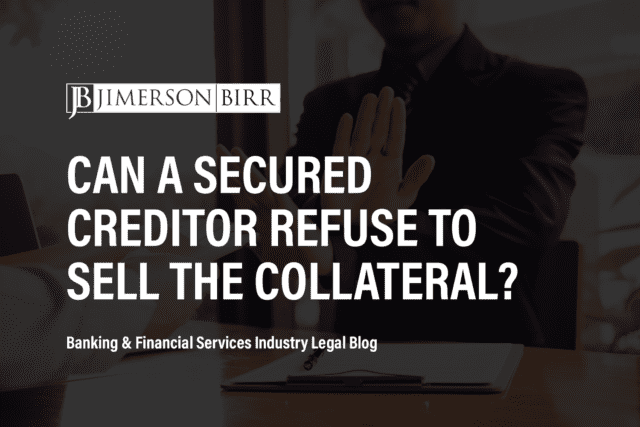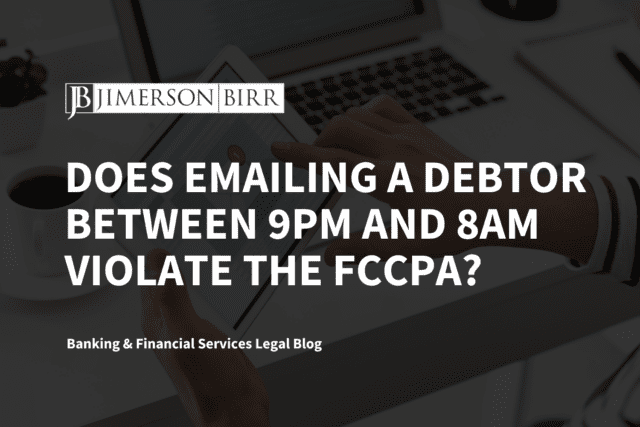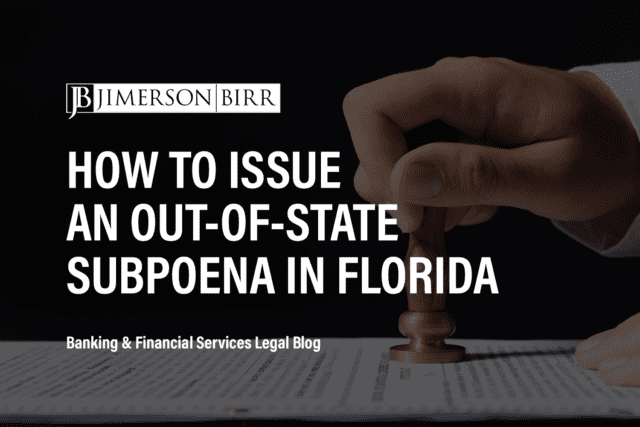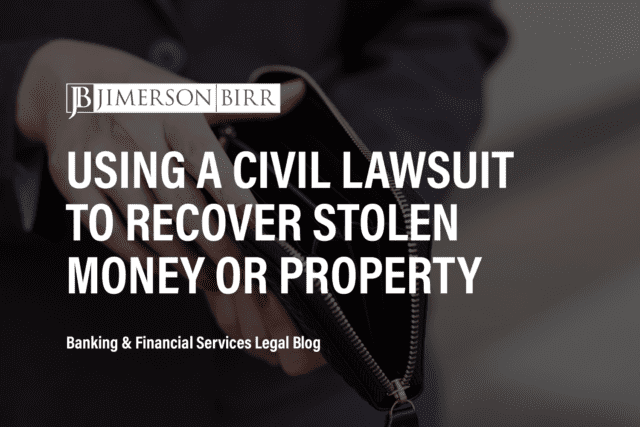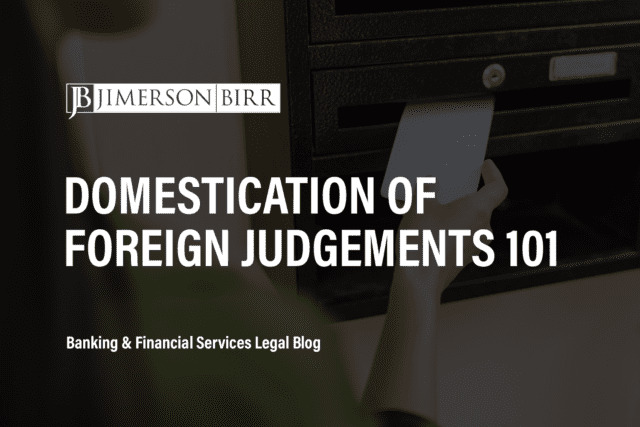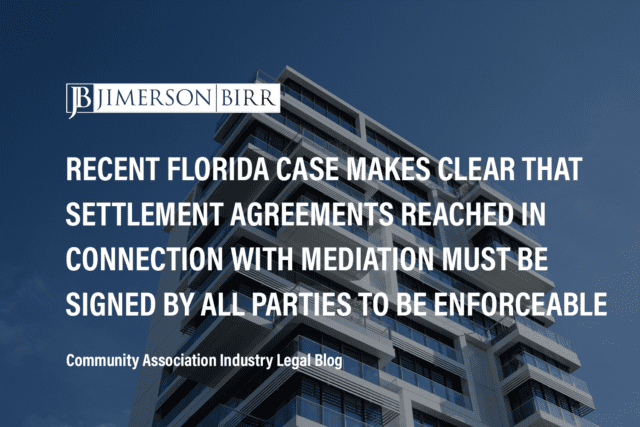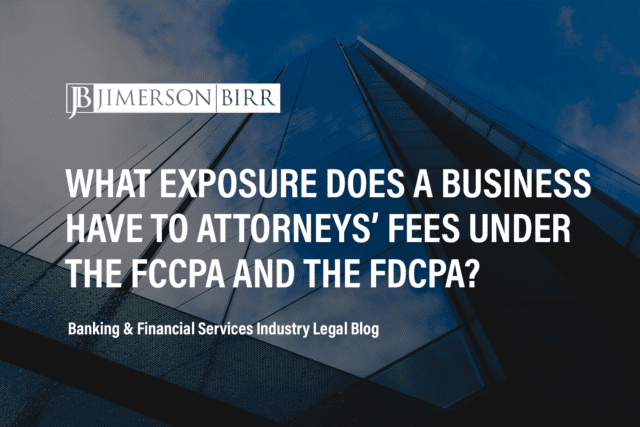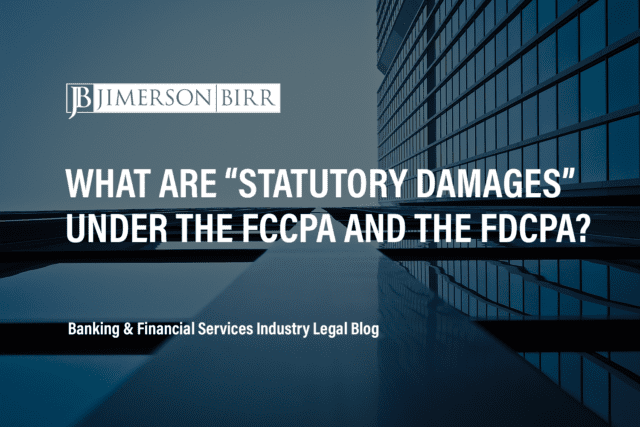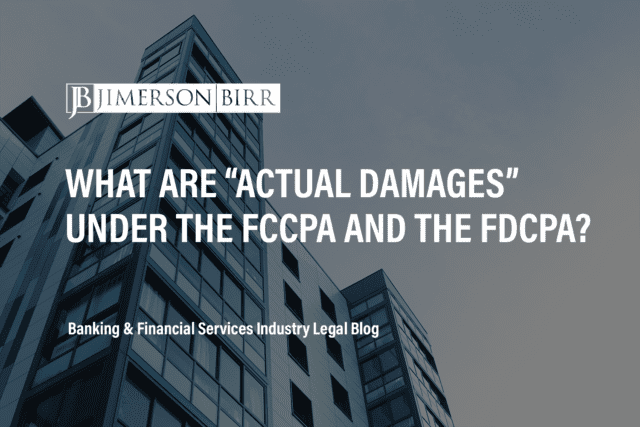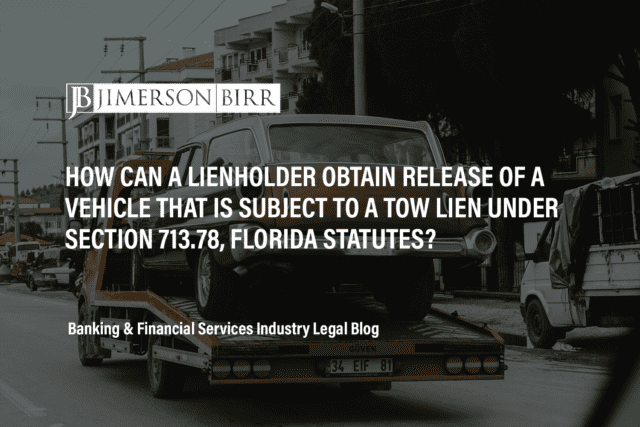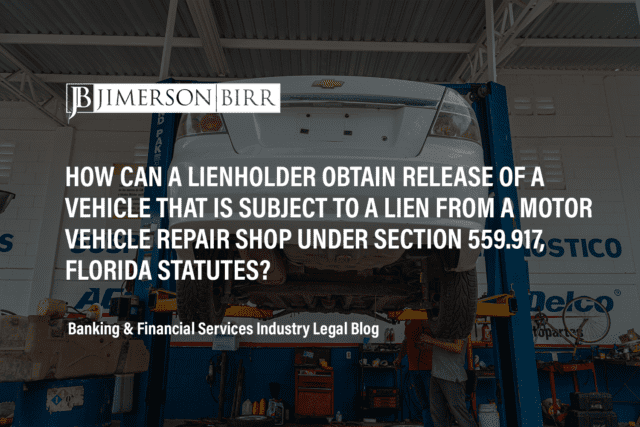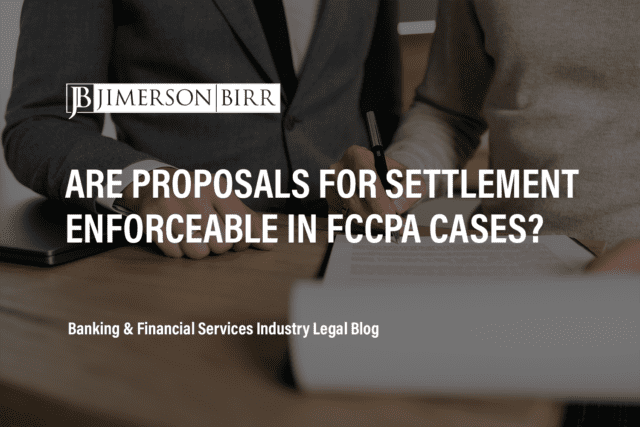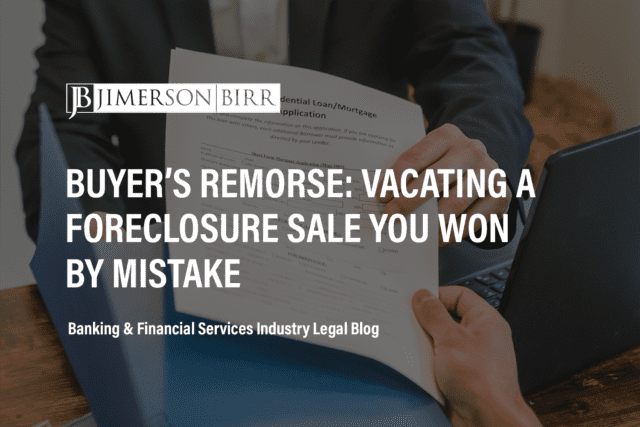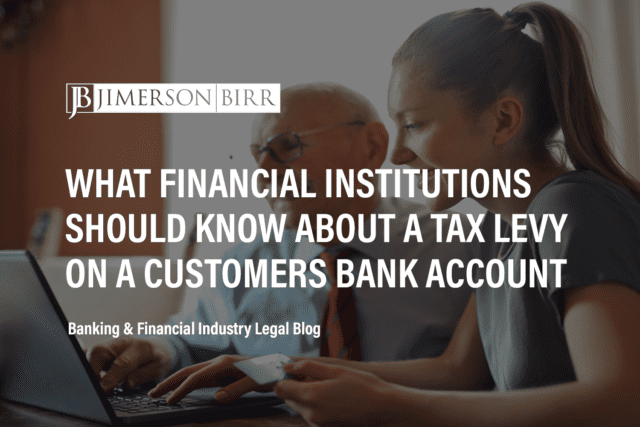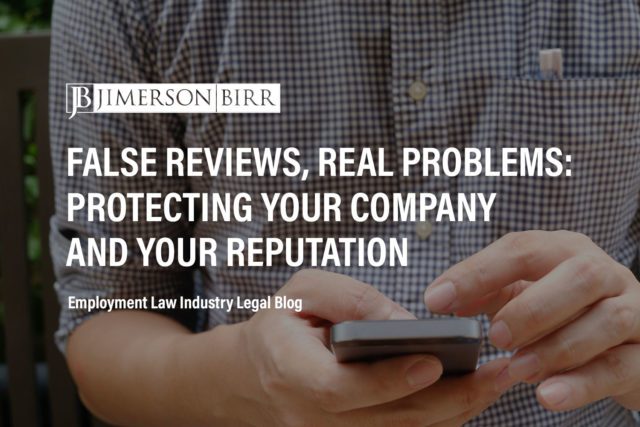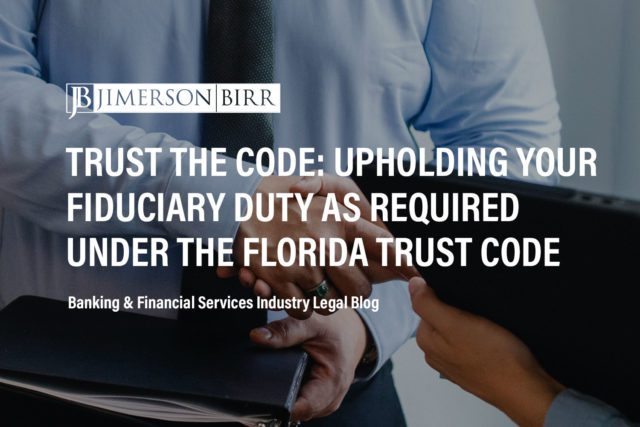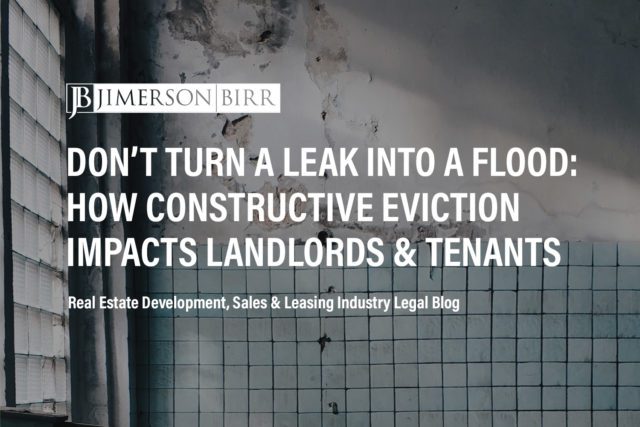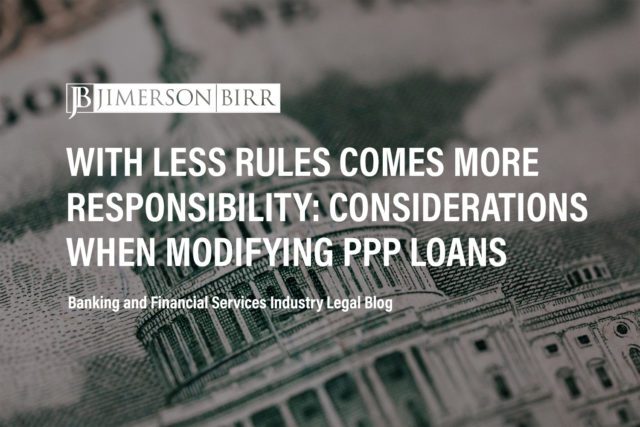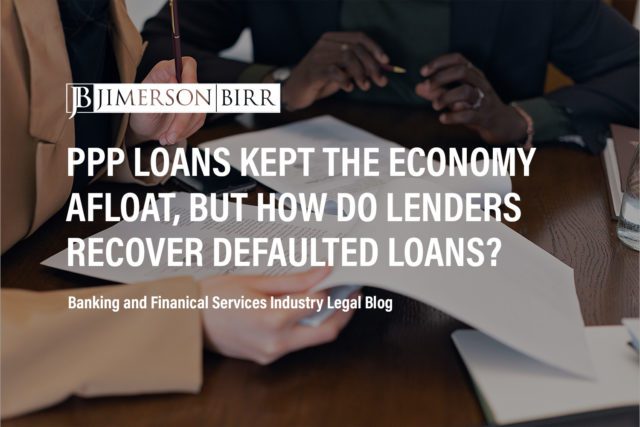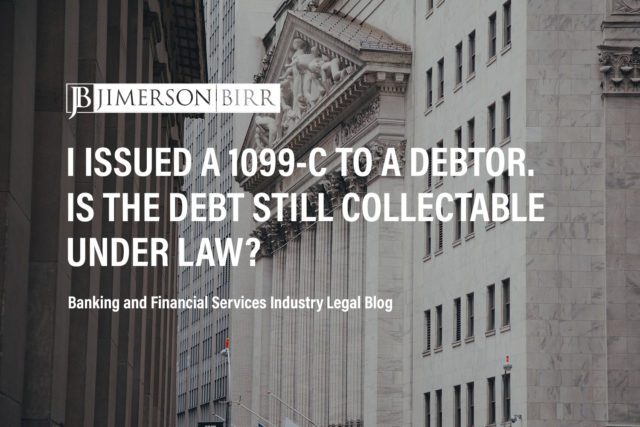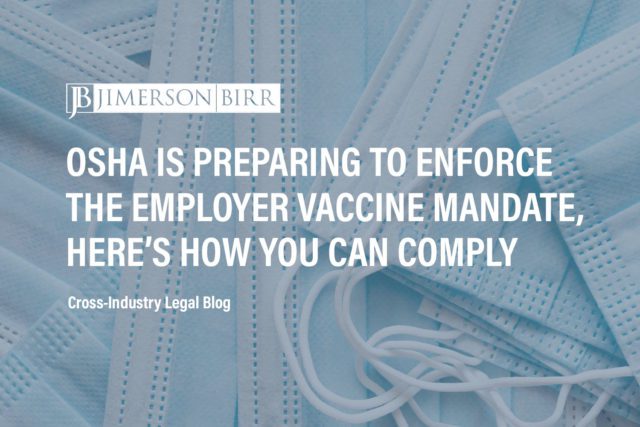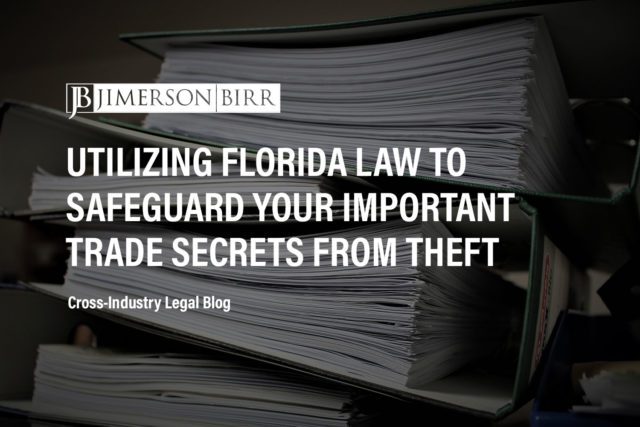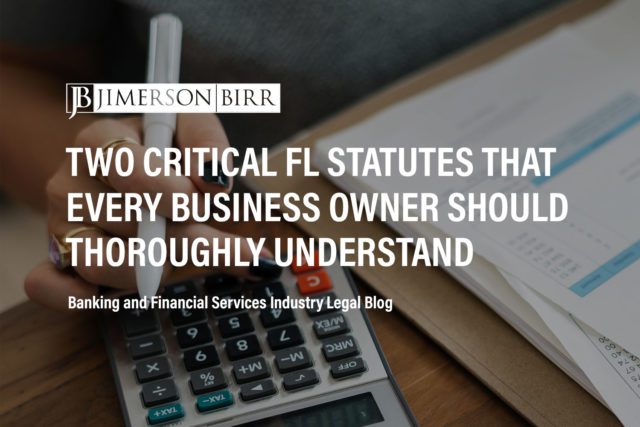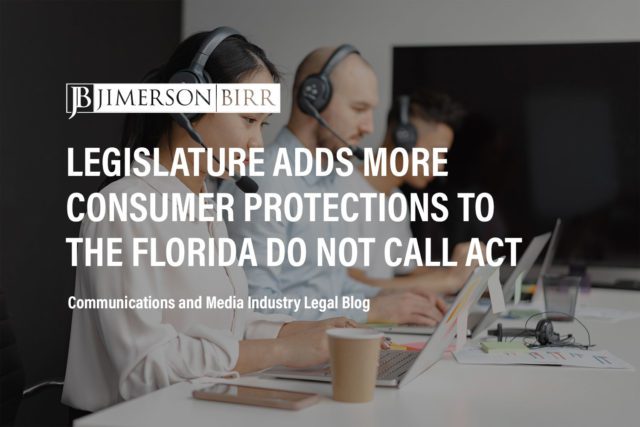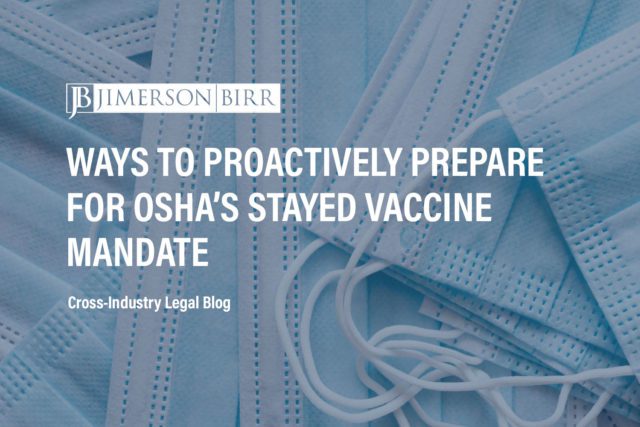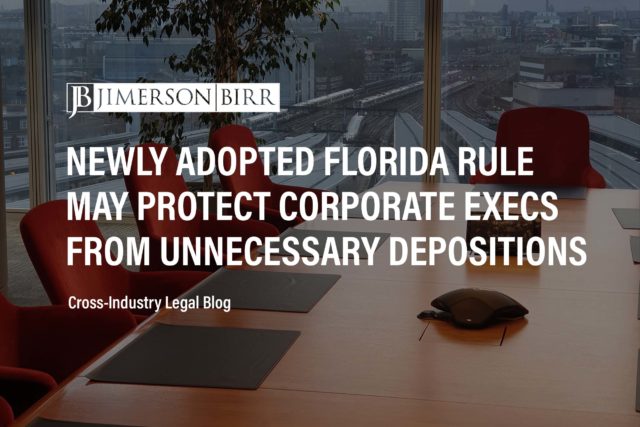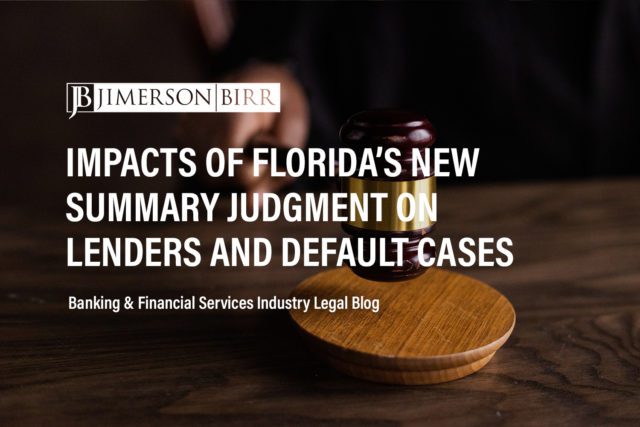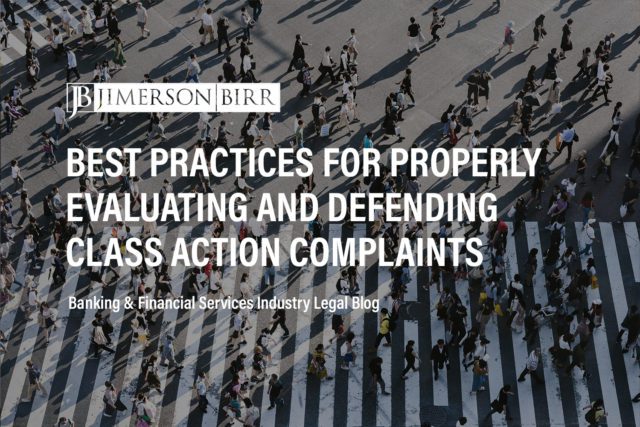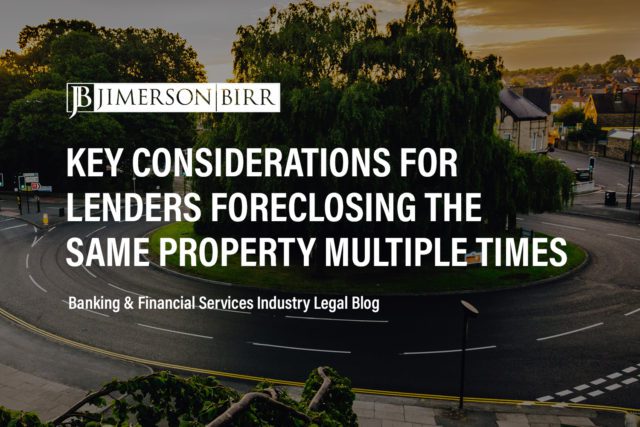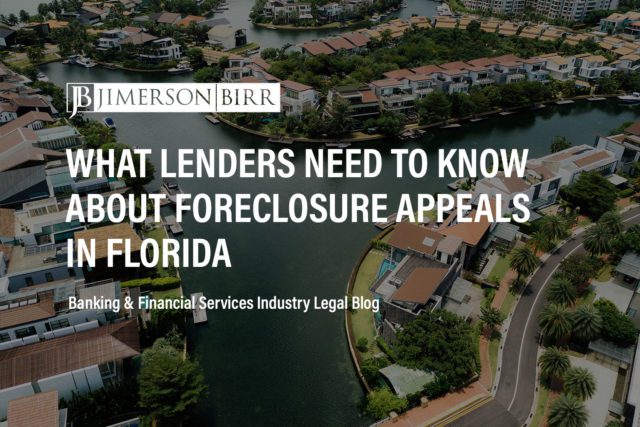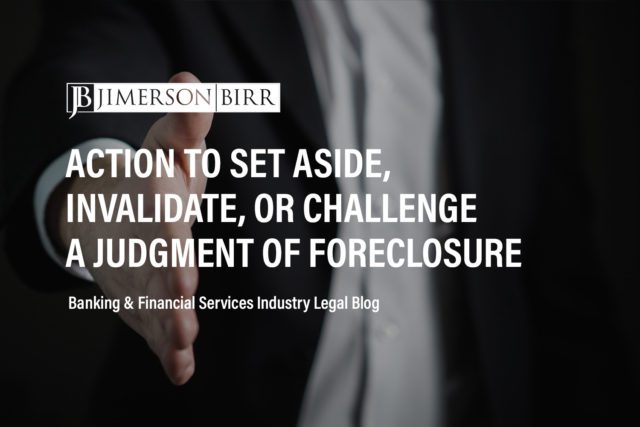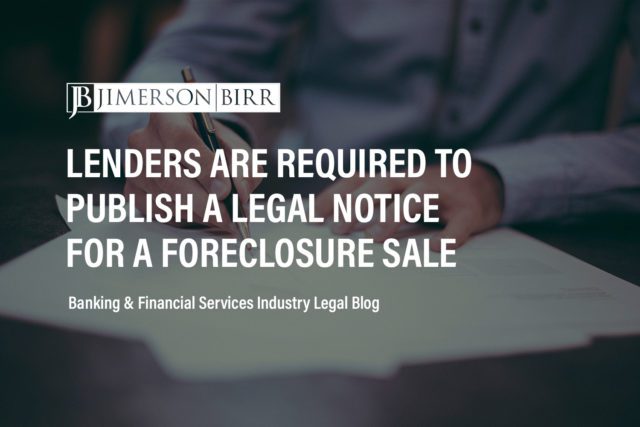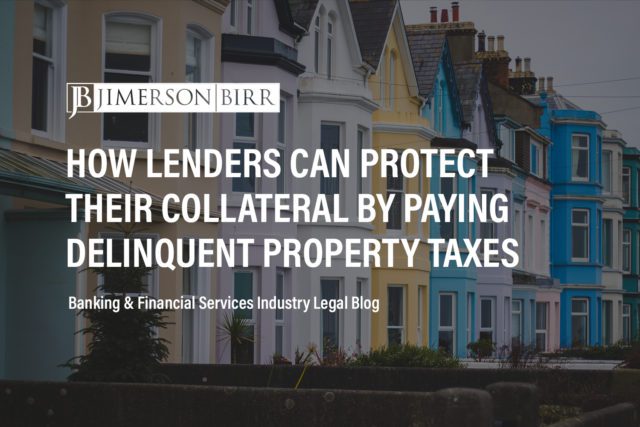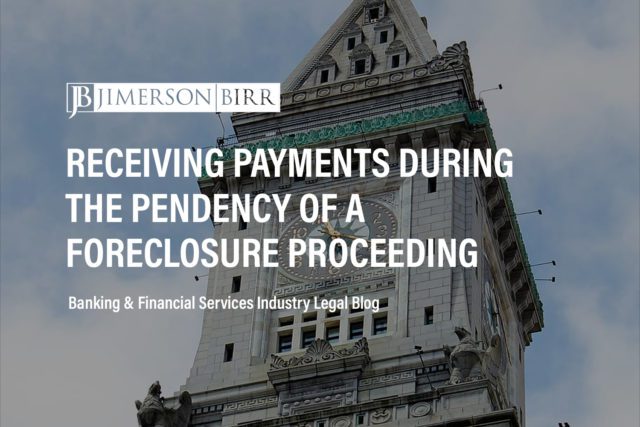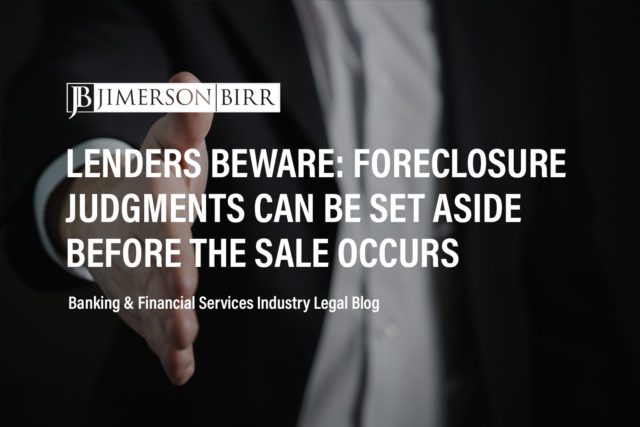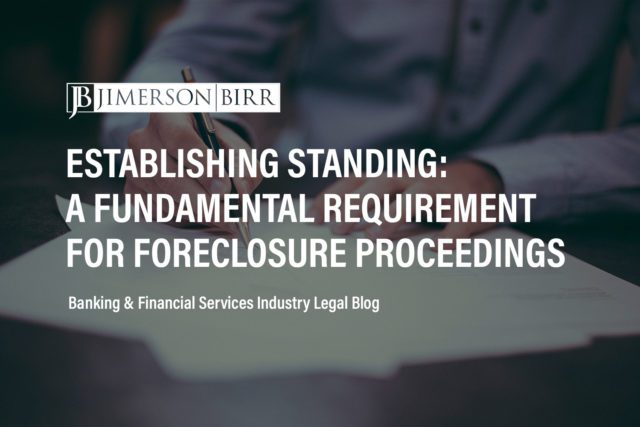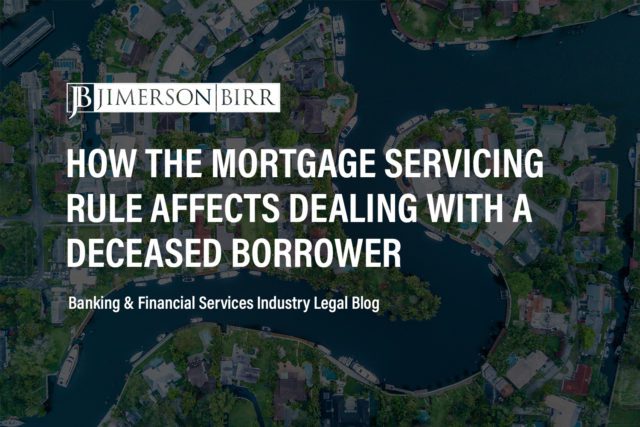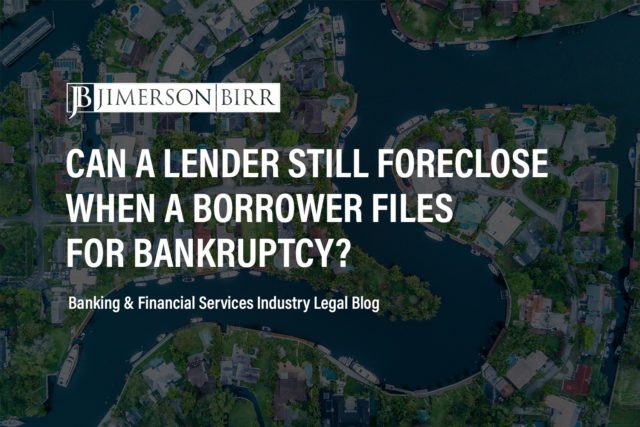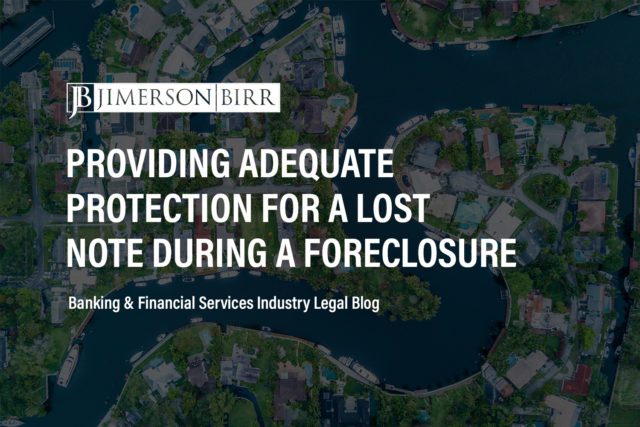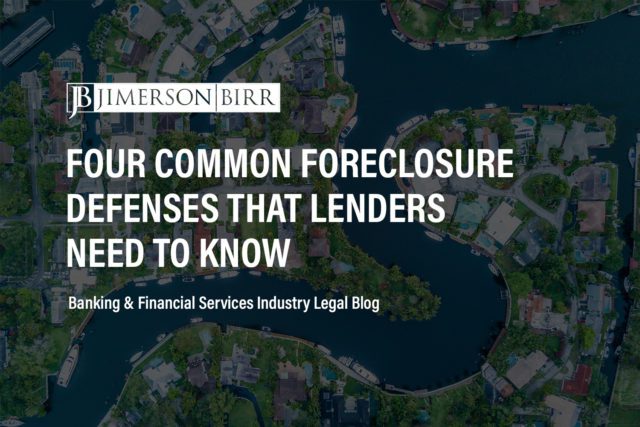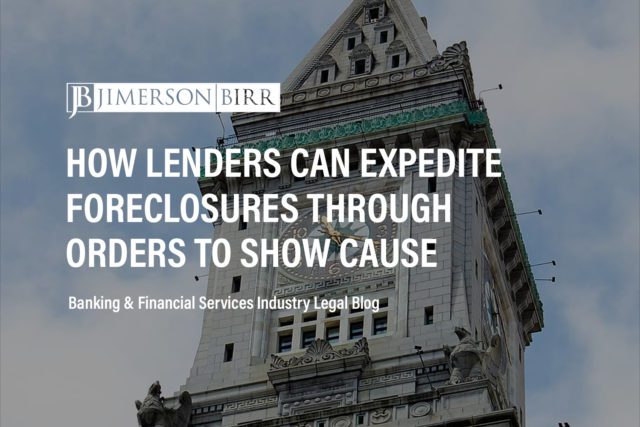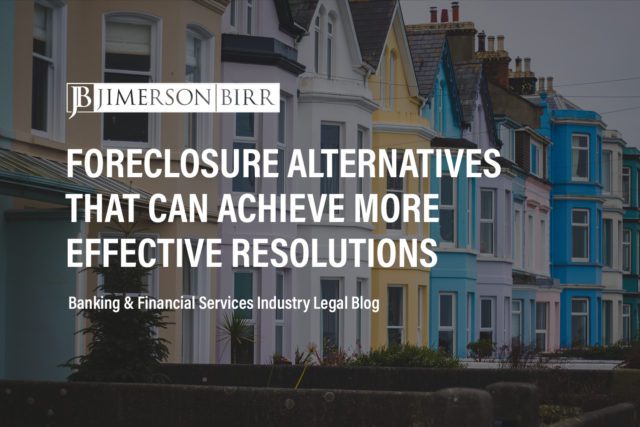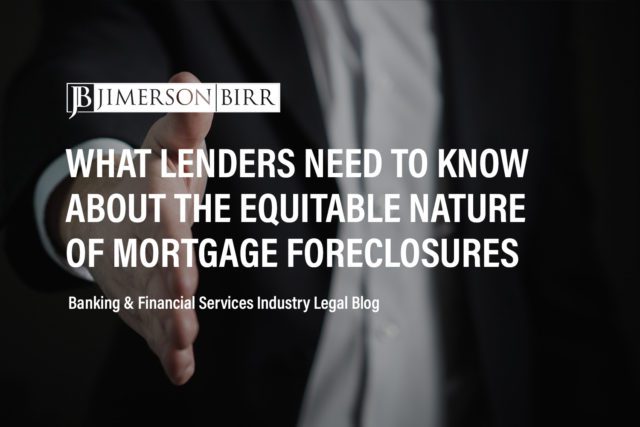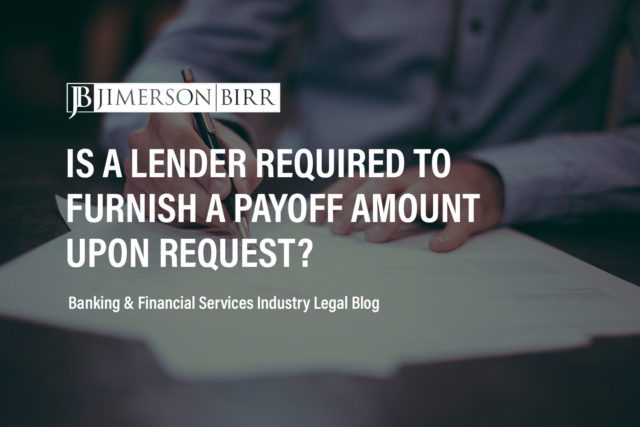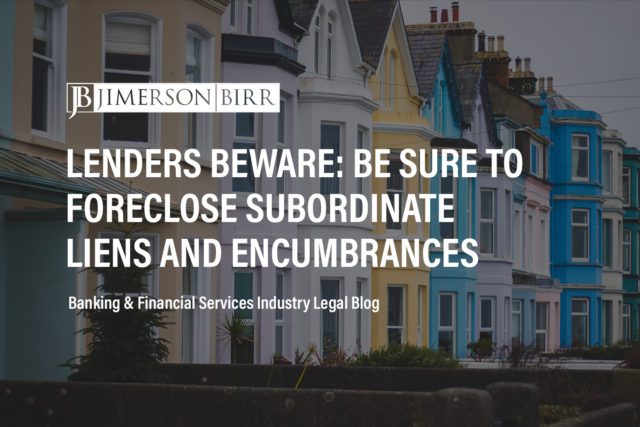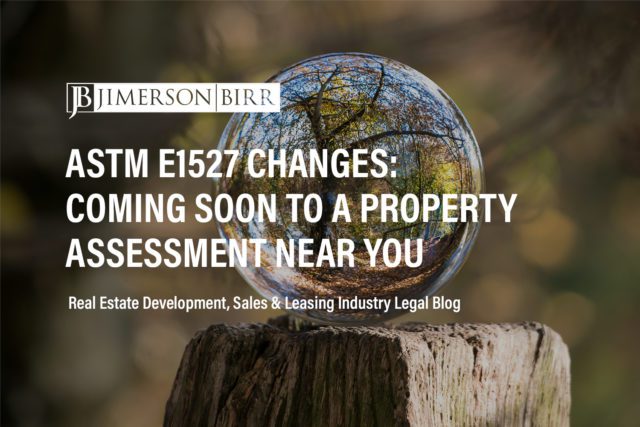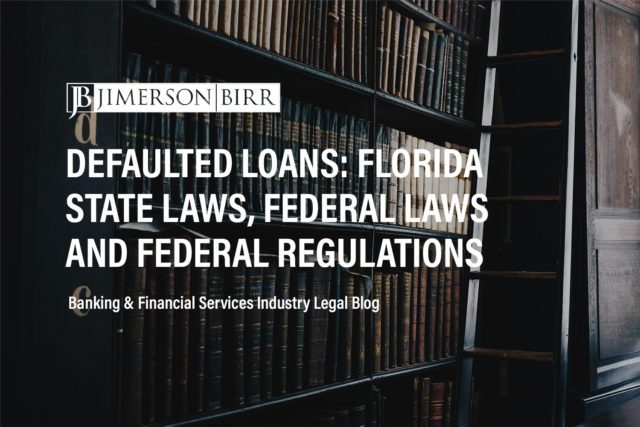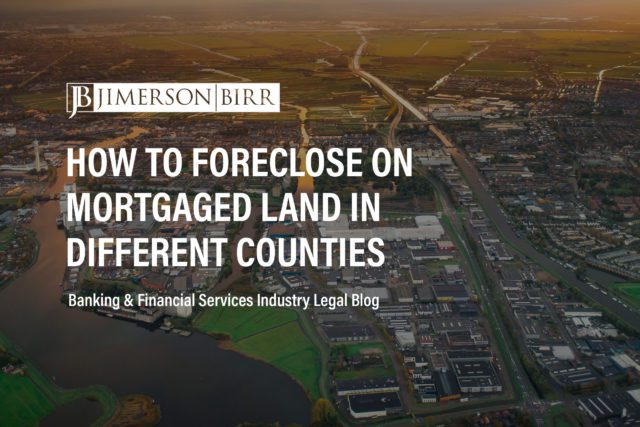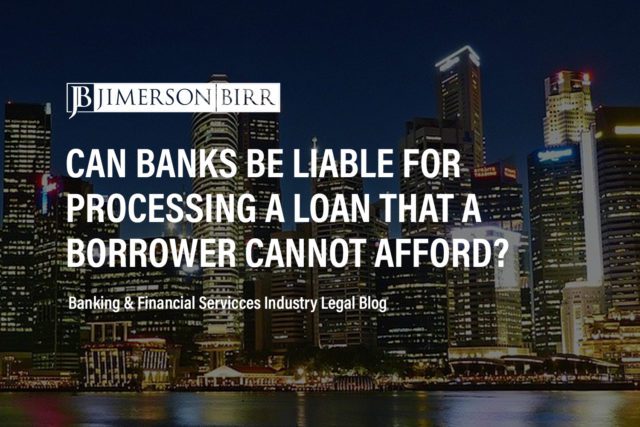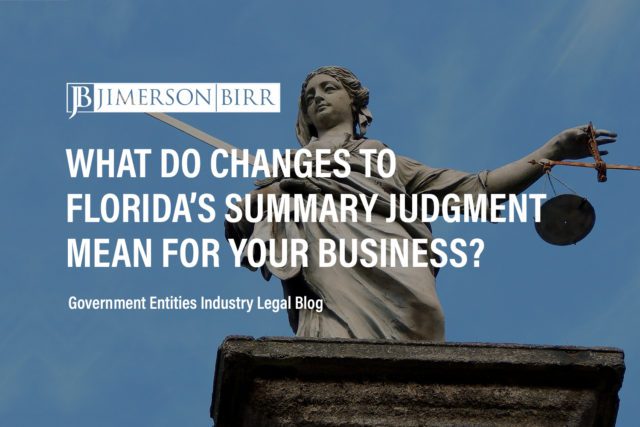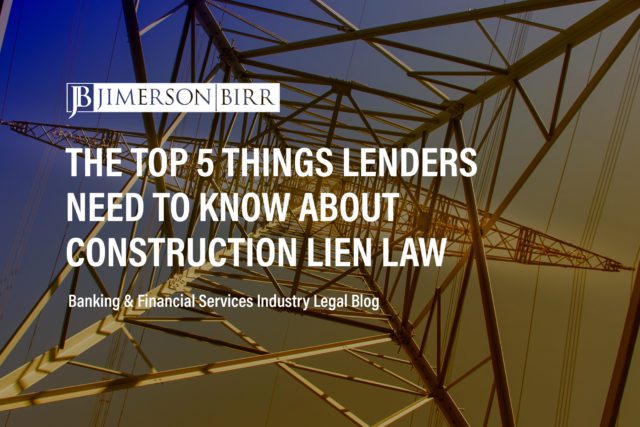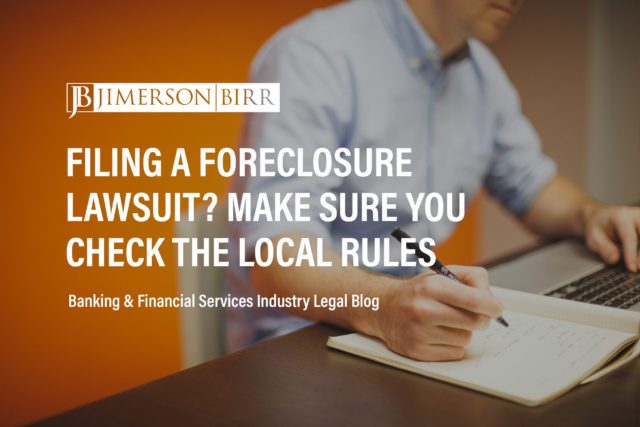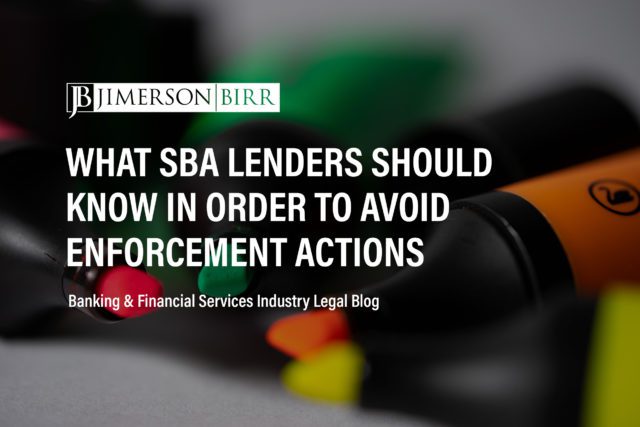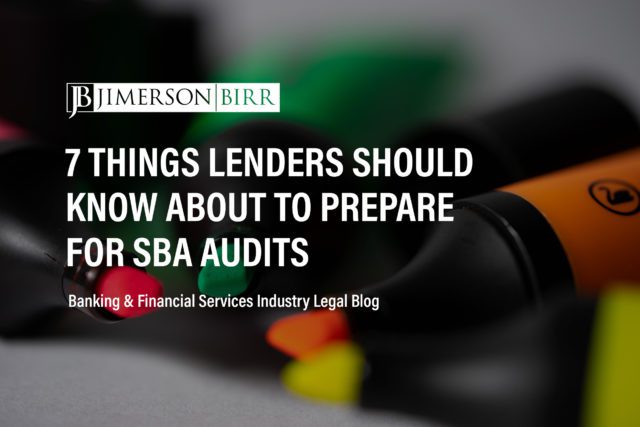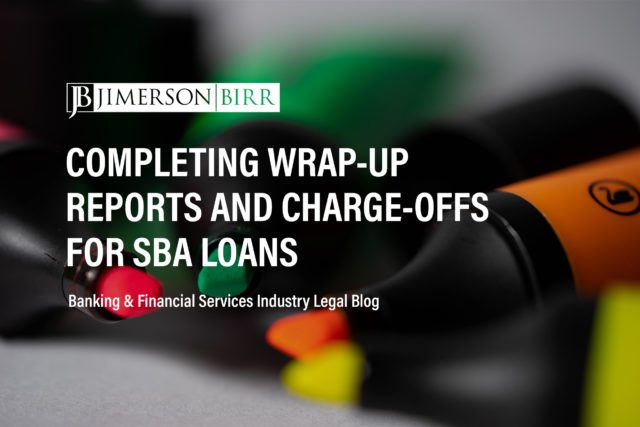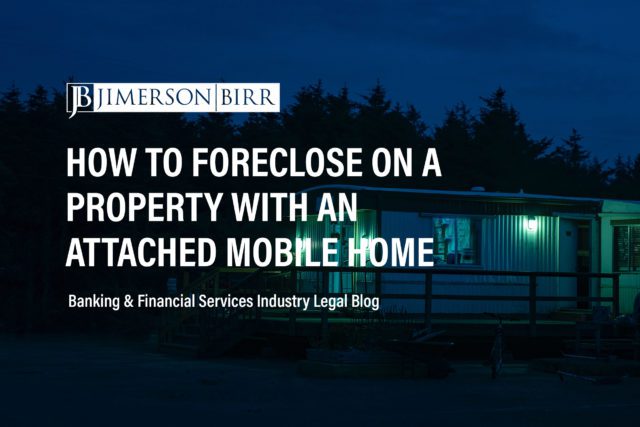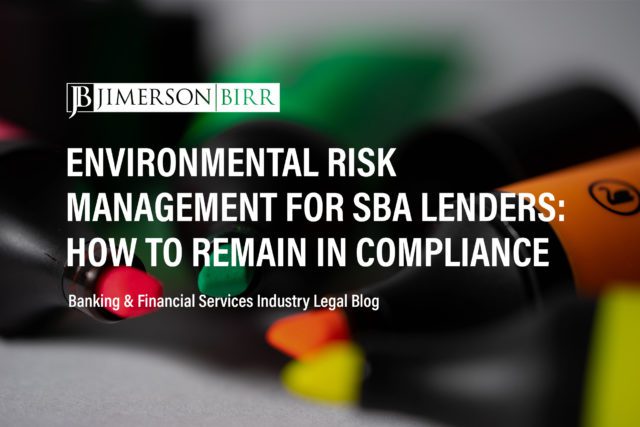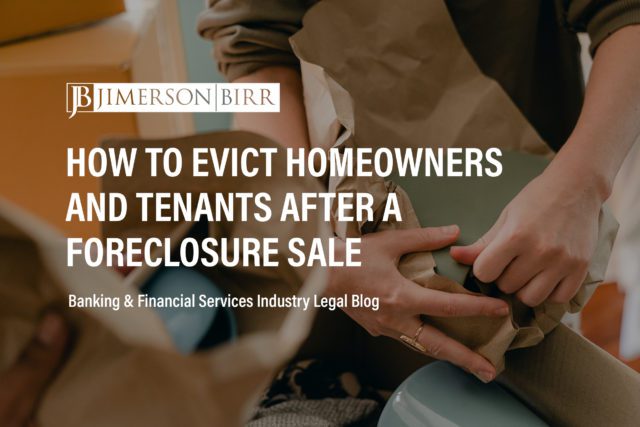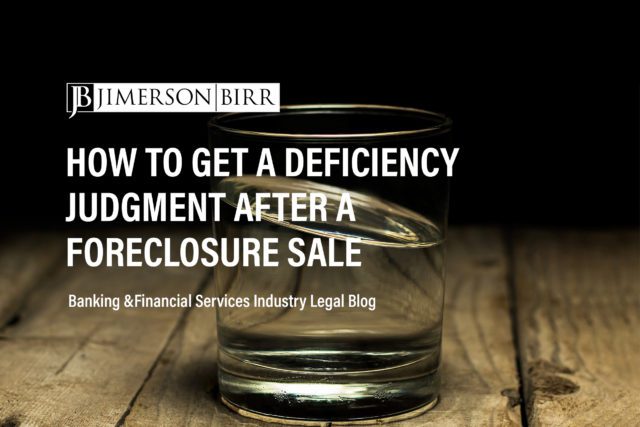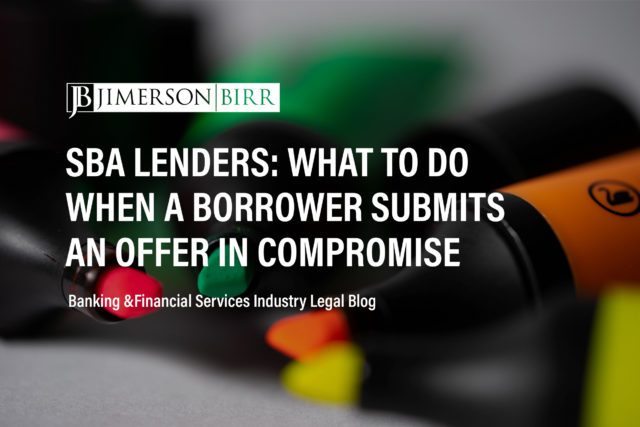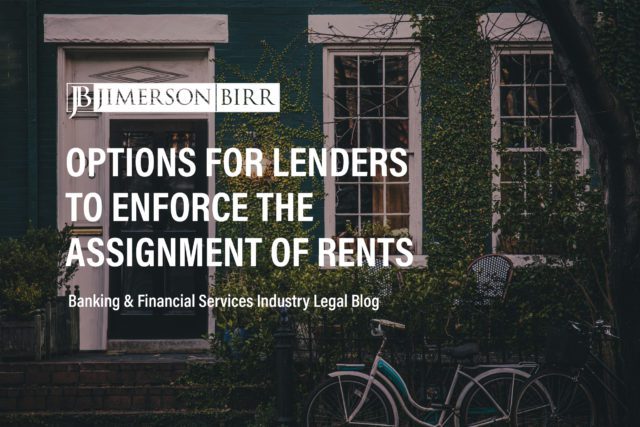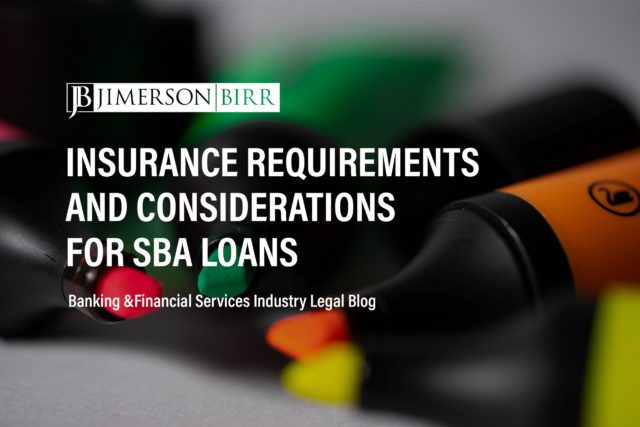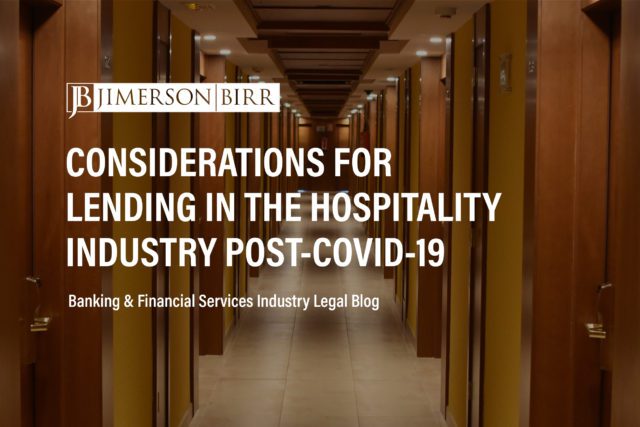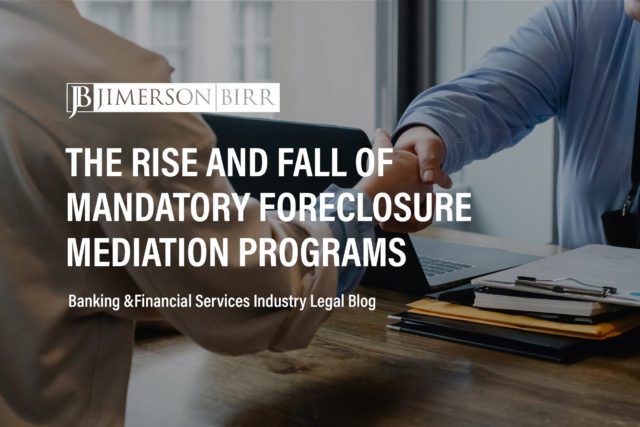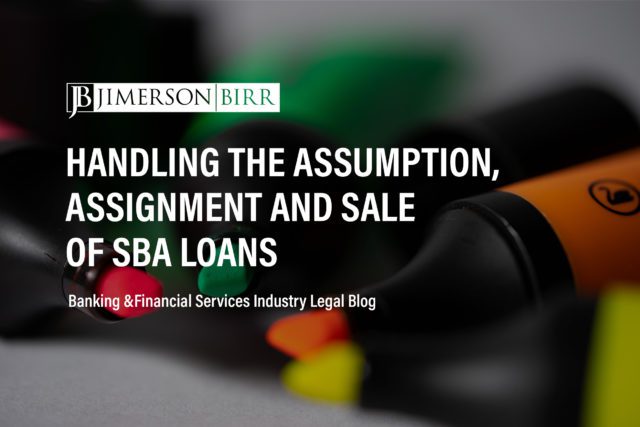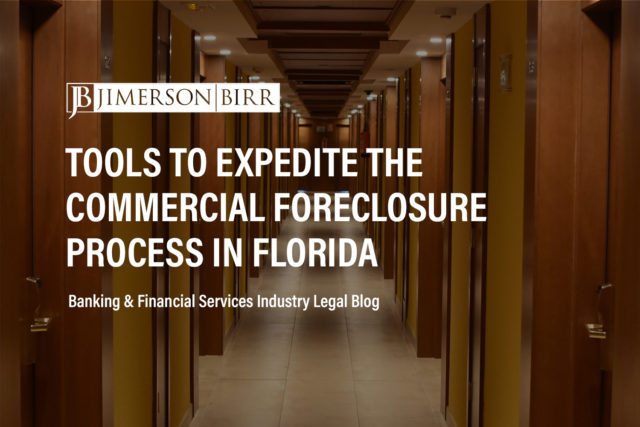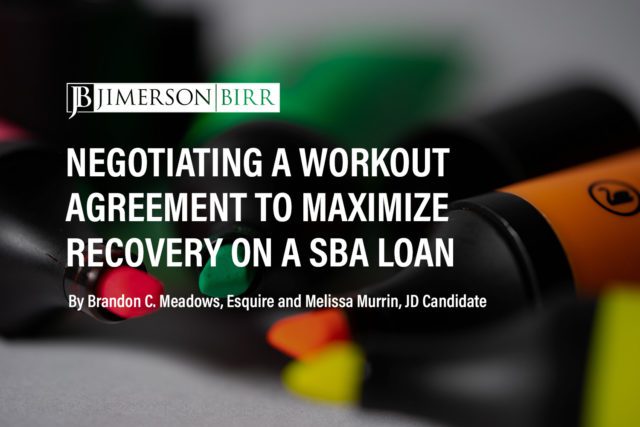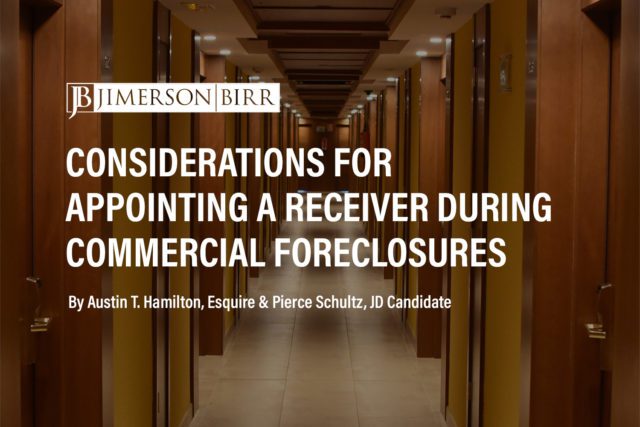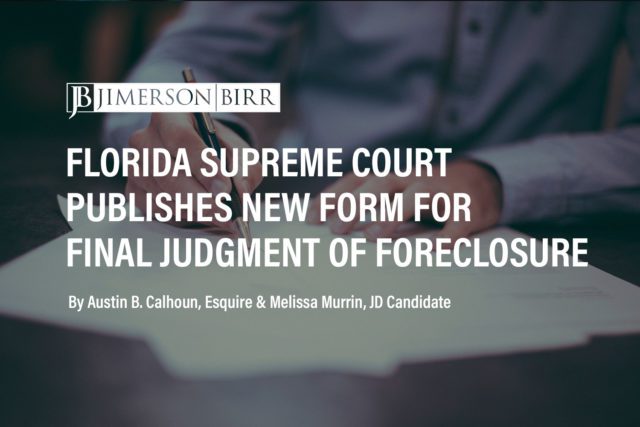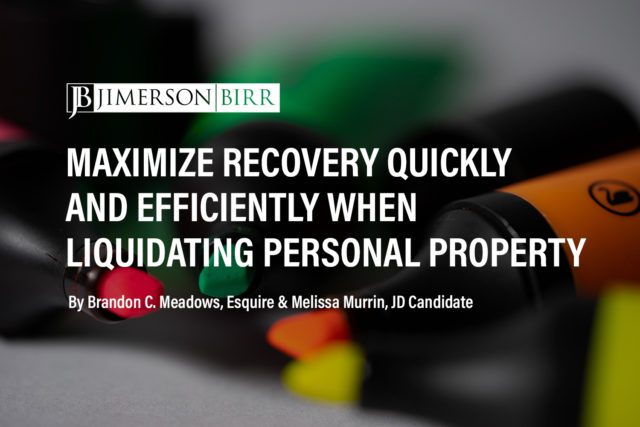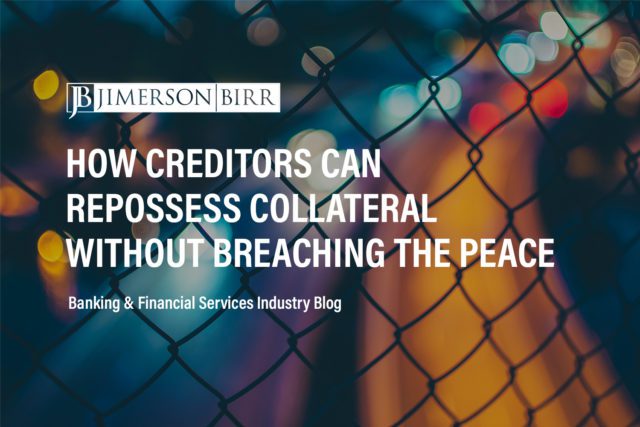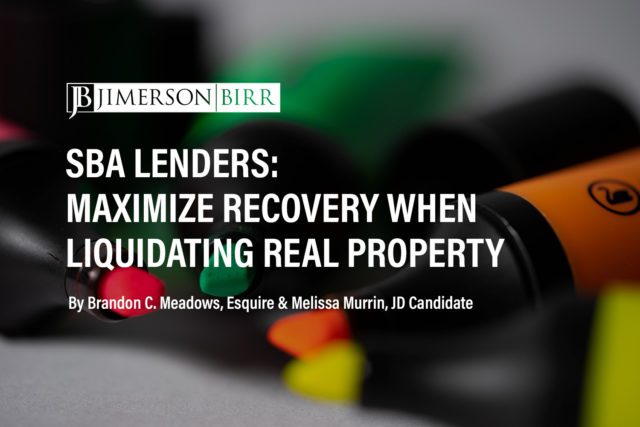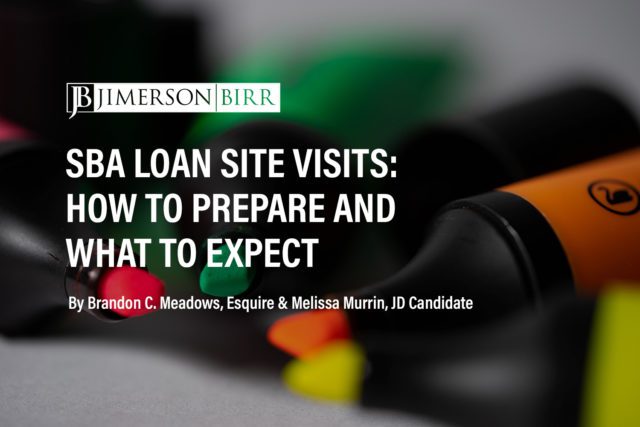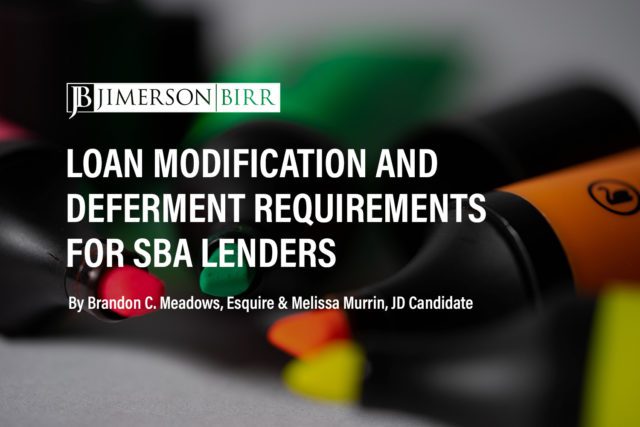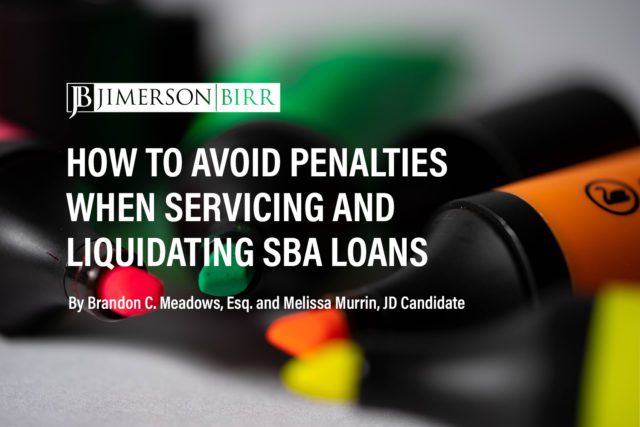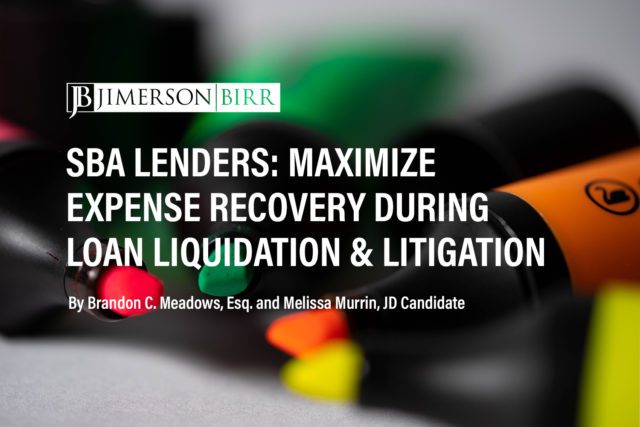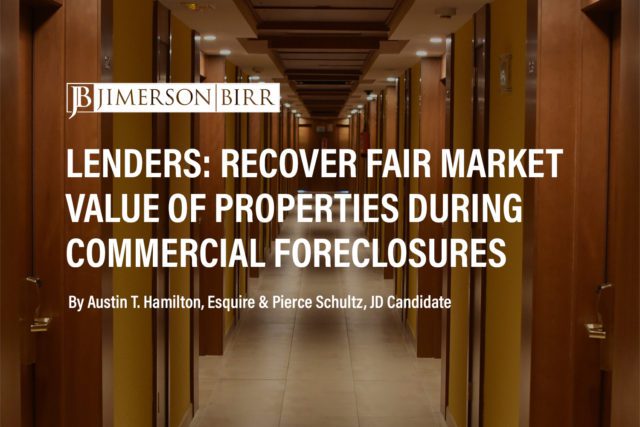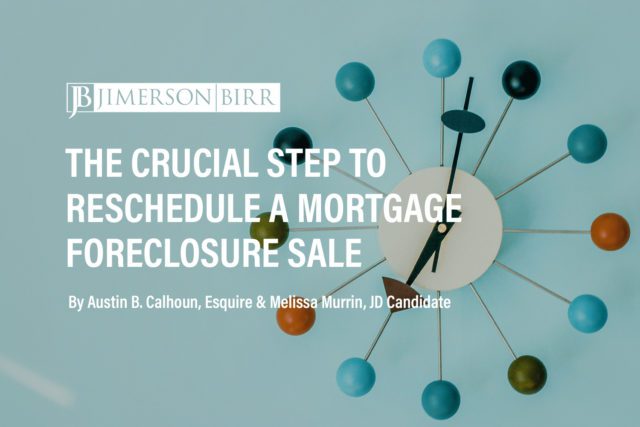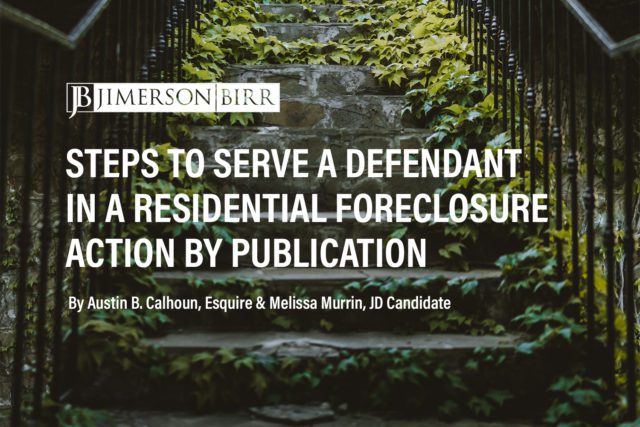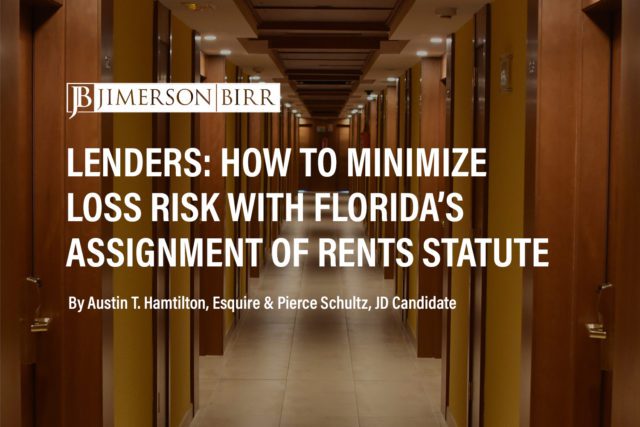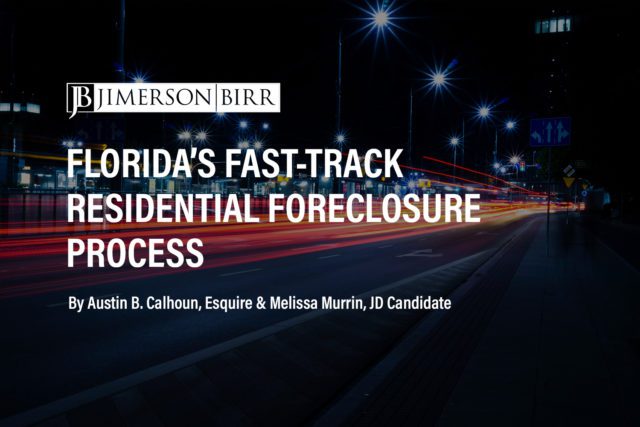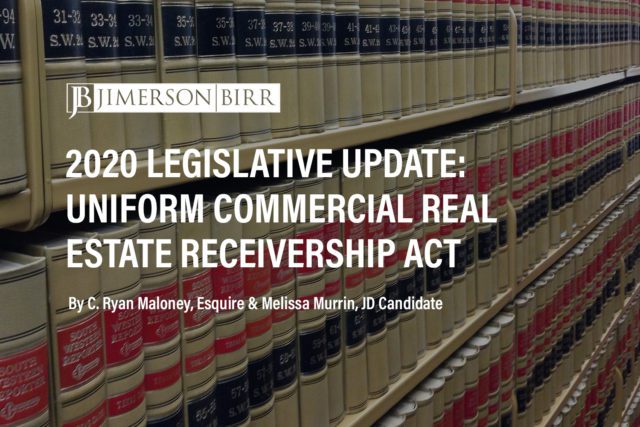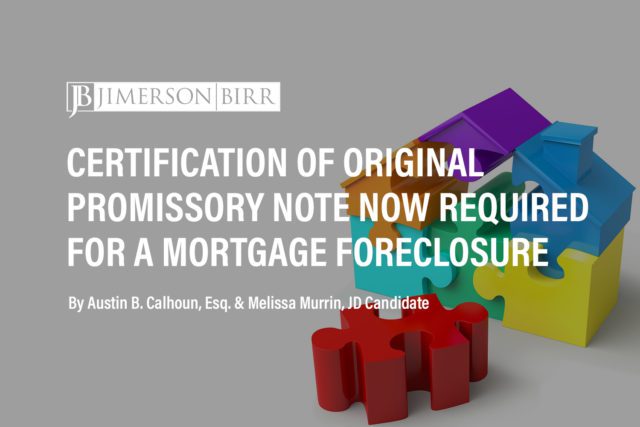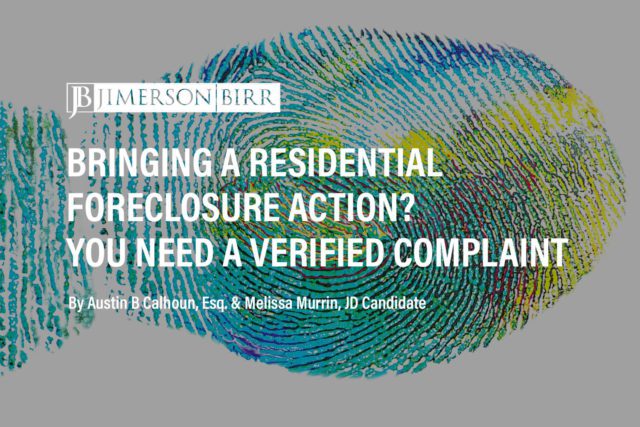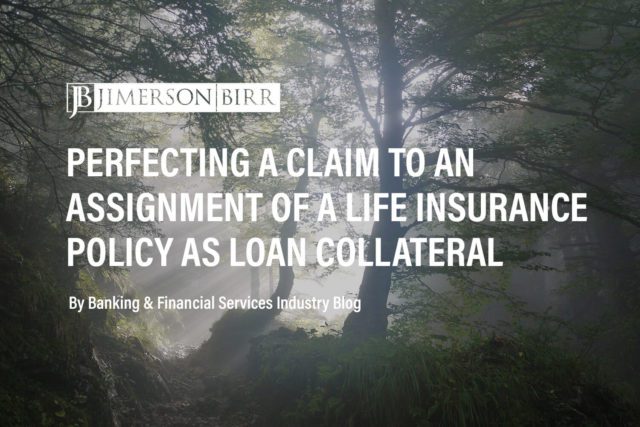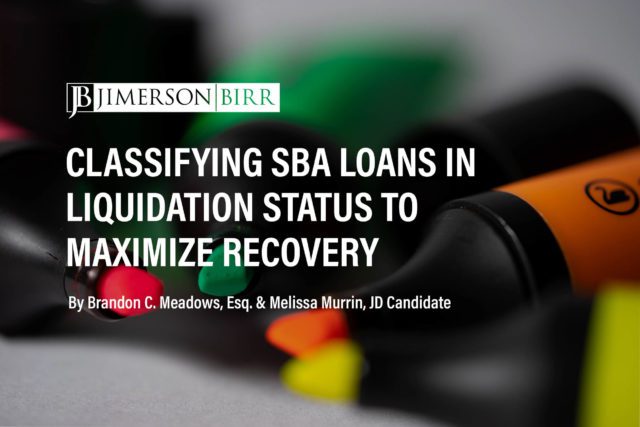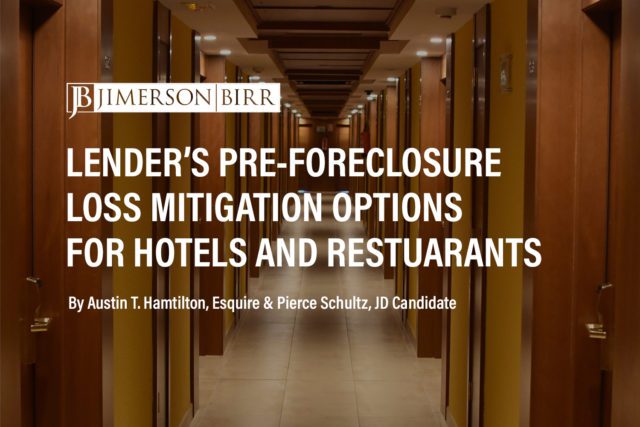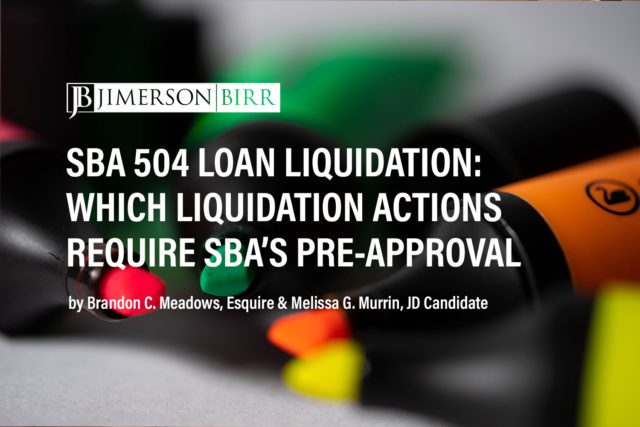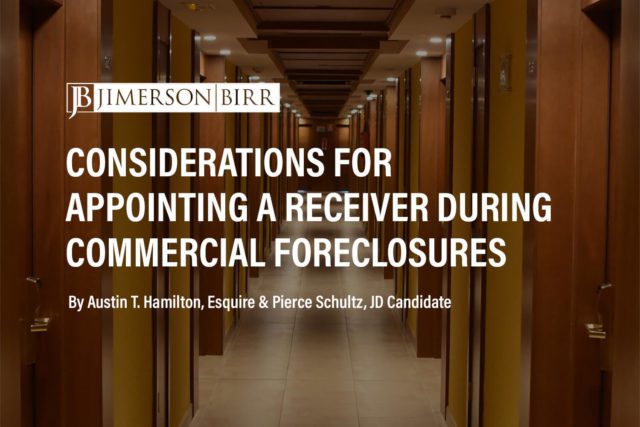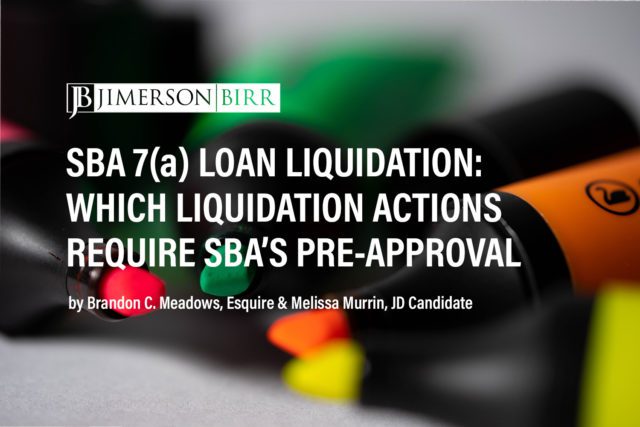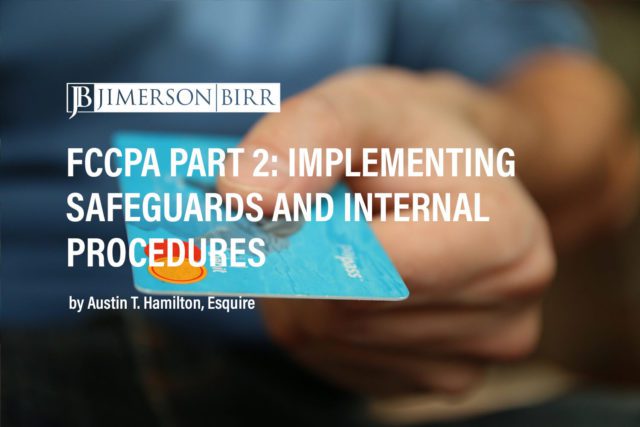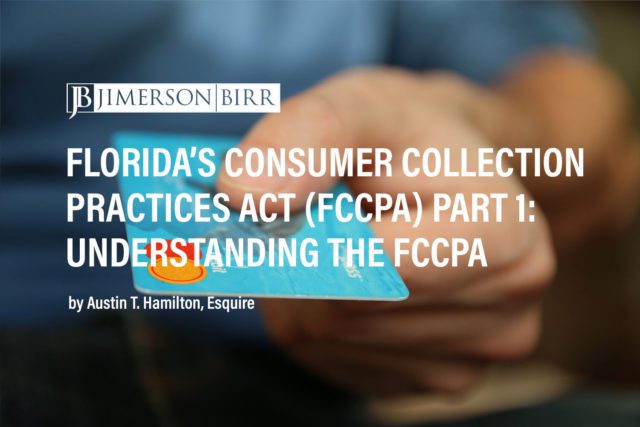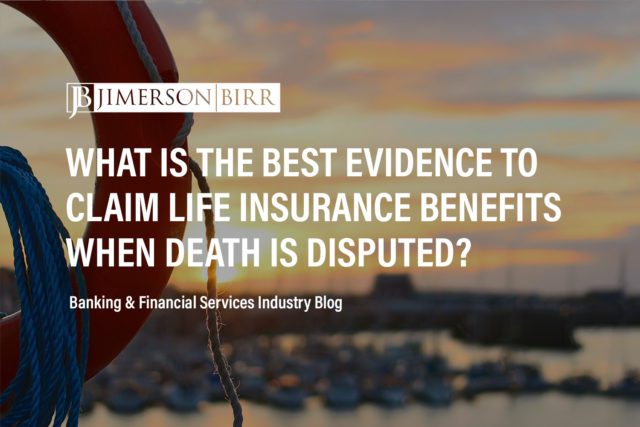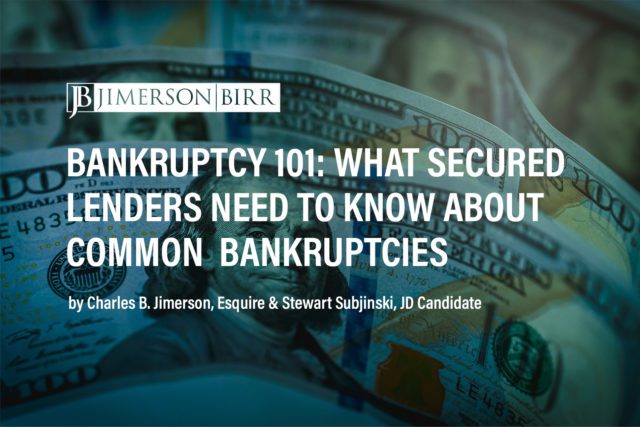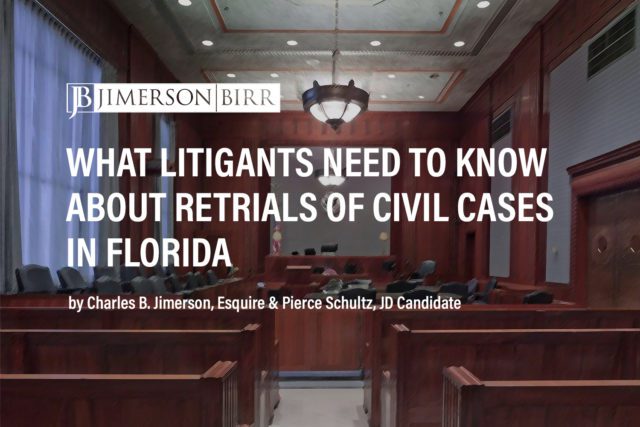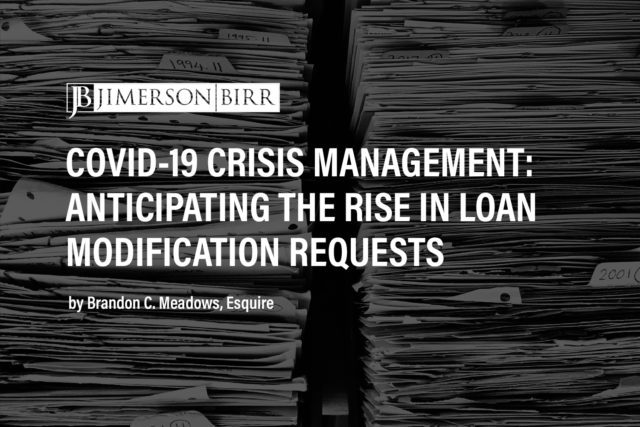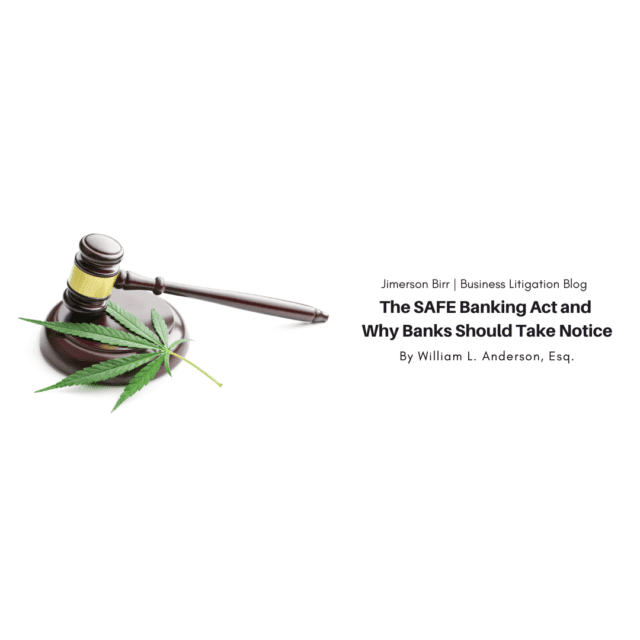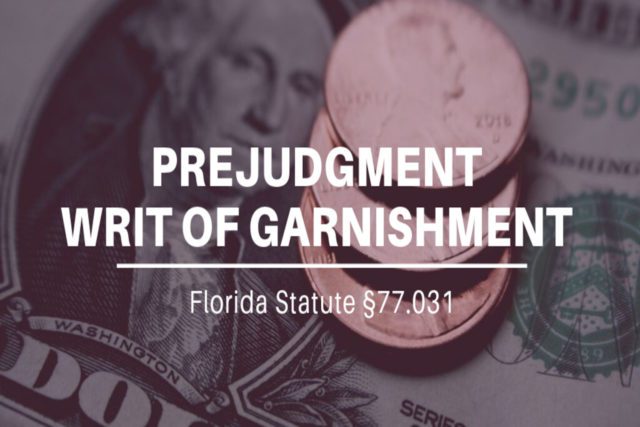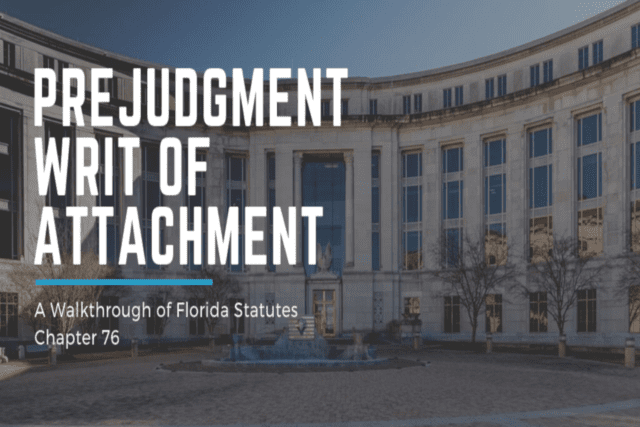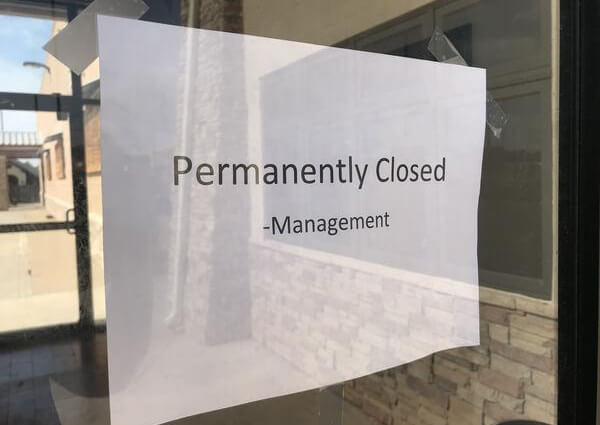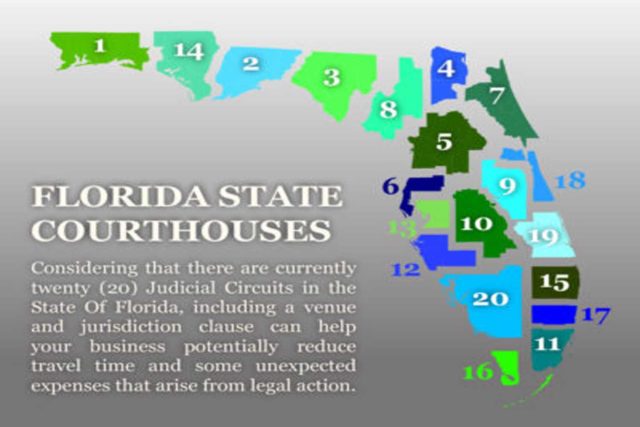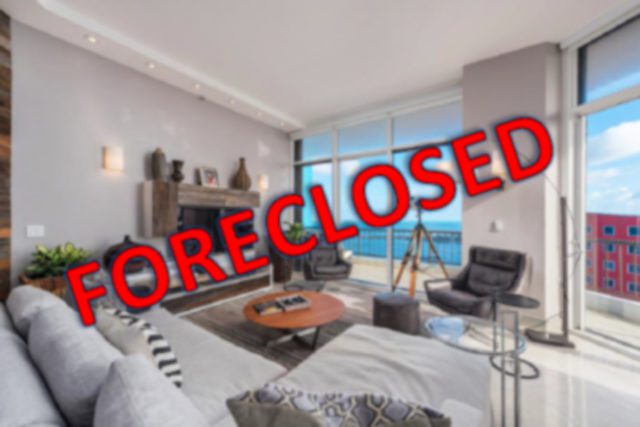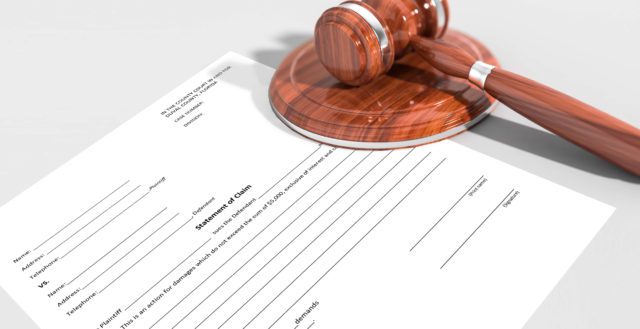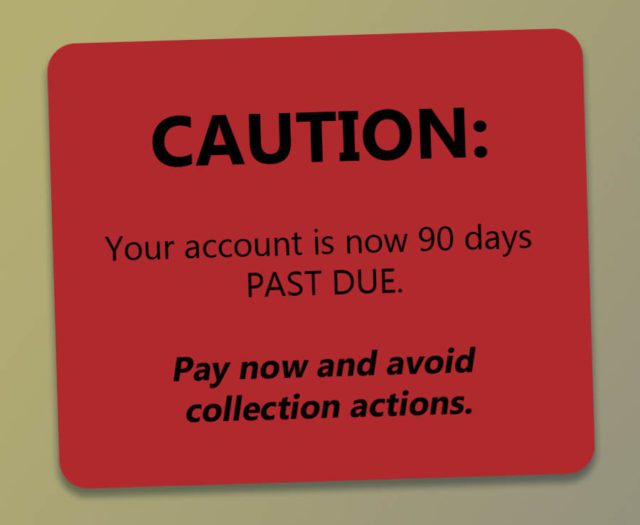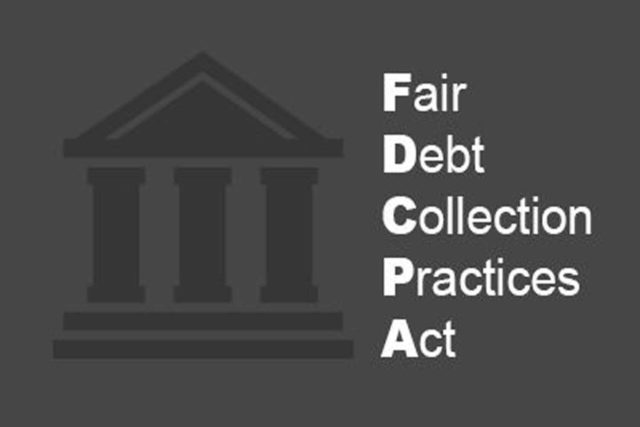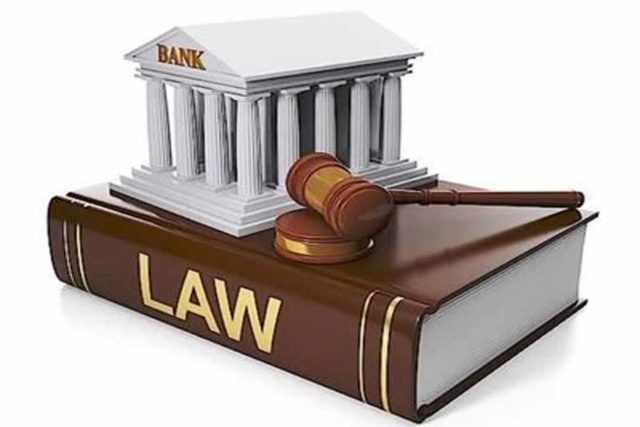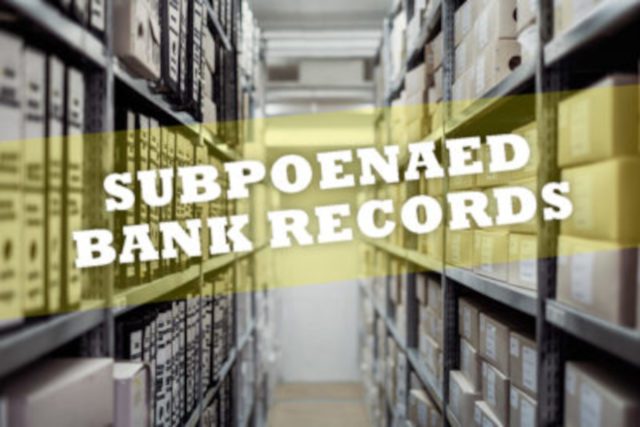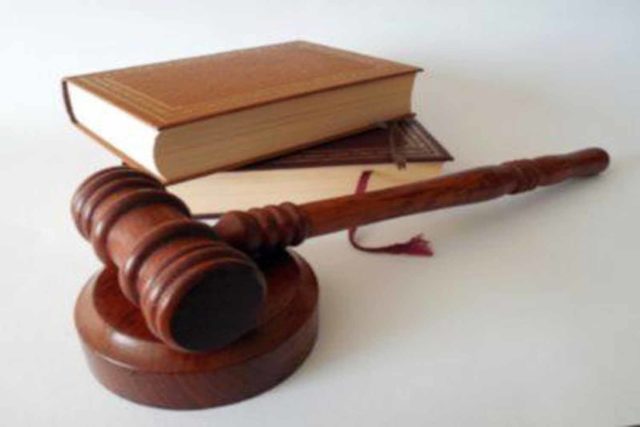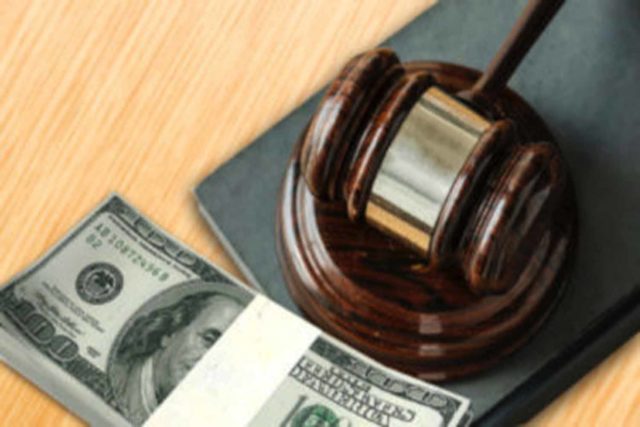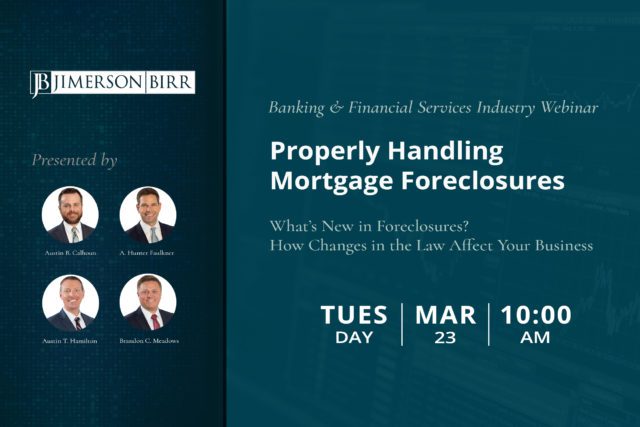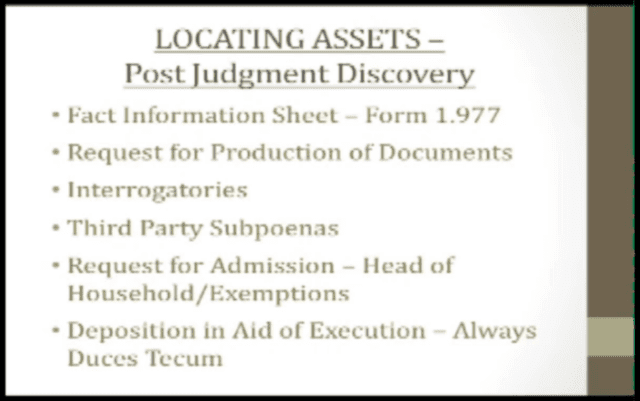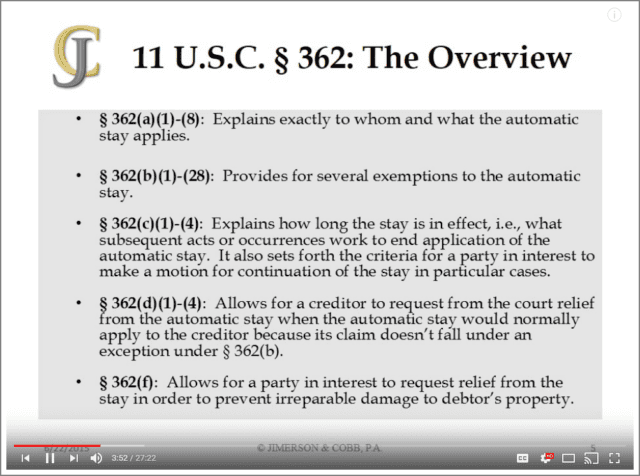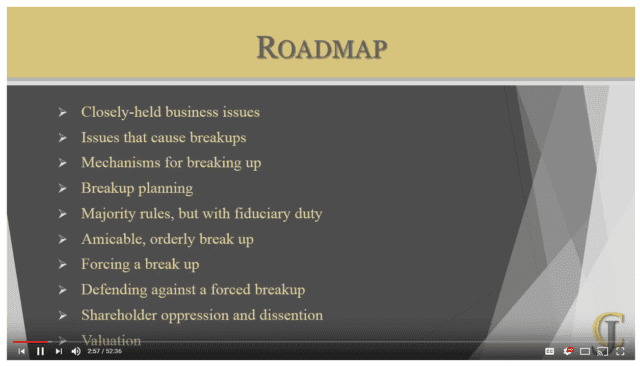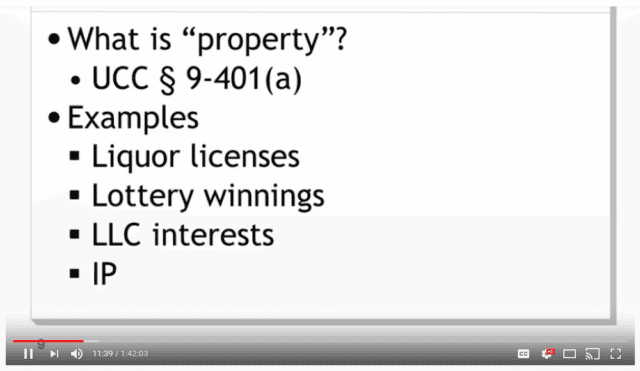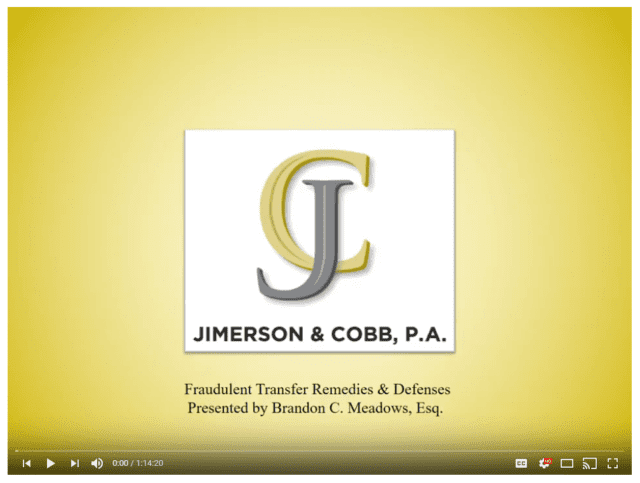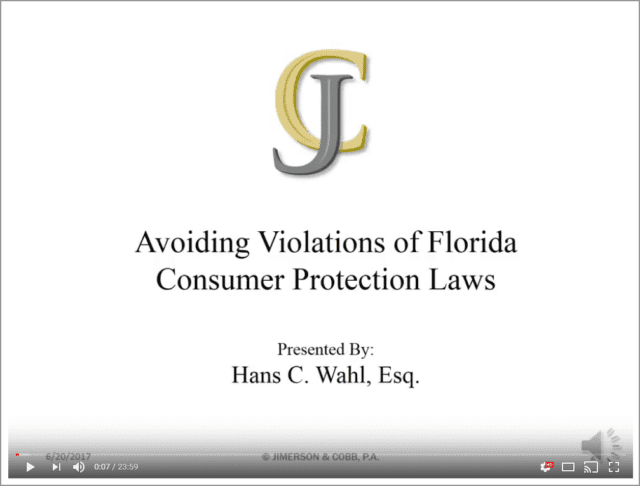View & Print FAQ
Q: Why would lenders attempt to workout defaulted mortgage loans?
A: Once a mortgagor (borrower) has defaulted, it is often advisable to continue exploring constructive solutions to avoid the expense associated with foreclosure and resale of the collateral. Because workouts involve both parties working together to protect each other’s common interests, lenders who work jointly with their borrowers to avoid the foreclosure process often have great successes in preserving customer relationships and the integrity of the commercial projects that may be associated with the particular distressed loan. An effective and successful workout requires that both parties take reasonable steps to protect the value of the collateral in order to maximize its ultimate worth and thereby protect the investments of both the borrower and the lender in the project. In practice, there is no standard form of workout. Each workout is unique, as it is usually a reaction to a sudden and dramatic change in the fortunes of a project or business. Prudent lenders understand that under a fortunate set of circumstances, the property/project can be turned around and ultimately be successful through artful and conservative restructuring or renegotiation. Workouts, however, should only be attempted for properties that have a chance for success, even if the likelihood for success is small. Attempting a workout of a property that is in such dire straits that success would be impossible is a waste of time for the lender and may further compromise the security for its loan.
Another area requiring assessment is what defenses or delay considerations that may arise in favor of the mortgagor. For the mortgagees with first mortgages, confrontation with viable defenses is unusual, however if the lending history with the mortgagor is long and complicated, there are higher degrees of likelihood that the mortgagor may interpose legally viable defenses that can, at a minimum, achieve delay that prevents return of the collateral and in some cases create exposure for the lender. Depending on the type of loan and financial hardships of the borrower, it is not unusual for a lender to be faced with governmental or other inferior liens that must be properly disposed of, often times at the behest of extended service and redemption periods.
Q: If a defaulted mortgagor is seeking reinstatement to cure the defaults caused by short-term cash flow issues, what considerations is the lender faced with?
A: Beyond risk of further default, lenders should take proper steps to ensure they have preserved their rights under the present default. Typically this means a reinstatement letter or agreement that sets forth the event of default, stipulations that reinstatement is not to be considered a waiver of the lien holder’s rights under the promissory note or security agreement, and stipulations that preserve the right to foreclosure (or other default remedies) if the monies due are not paid in full by a specific date and time. Reinstatement, forbearance and repayment plans are popular methods for allowing mortgagors to cure minor defaults on otherwise profitable loans caused by short –term cash flow inconveniences.
Q: What are typical non-foreclosure default mitigation options and considerations for commercial property?
A: The commercial loan workout process invariably requires a commercial loan audit of the commercial property’s books; meaning the business plans, lease agreements, tenant affidavits, (if any) construction documents and development and construction financing documents, as well as the title, survey, environmental, engineering and demographic reports of the property and other relevant documents required to accurately appraise and assess the ultimate viability of the property. Lenders should order an appraisal and examine the property market conditions in order to determine whether the performance of a particular collateralized asset would get better or worse in the future, and whether the properties would be eventually sold at a higher price or a lower price. Because the property market conditions ultimately affect the possibility of the borrowers regaining financial solvency through either improved cash flows and/or profitable sales of the properties, the higher rental growth rates in the real estate space market and higher value appreciation rates in the property asset market should have a negative relationship with lenders choice of foreclosure. If the underlying commercial tenancies are vacated or the underlying commercial enterprise is unprofitable, it may be just too risky to restructure the loans without further substantial collateralization and good-faith default repayments.
The so-called workout options are varied. Borrowers and lenders can renegotiate existing payment terms in whole or in part that provide, for example, for a postponement of any payments for a limited time, a moratorium on principle or interest payments or a change in the interest rate. Especially meaningful are options for addition of new collateral or any other adjustment that can make the workout more palatable to the lender. Other possible solutions for troubled loans are: take-out refinancing (new lender arrives to extend credit to the borrower to cure existing arrearages or to pay the total balance on the mortgage); pre-foreclosure sale (borrower finds buyer to sell off property to pay off the debt, often through a short-sale if the property value has declined to less than the money owed); assumptions (substitution of original debtor on a promissory note and a mortgage with a new qualified buyer who assumes the same loan terms upon closing with the delinquent amount and all applicable fees to be paid in a lump sum just as in a restatement); or other special forbearance agreements unique to each lender’s risk tolerance.
A last resort option to foreclosure is the mortgagee’s acceptance of a deed in lieu of foreclosure. By this procedure a mortgagor returns collateral and forfeits any equity in the property to avoid the expense and exposure of litigation. From a mortgagee’s standpoint, this approach avoids the cost and delay of prosecuting a lawsuit, obtaining a judgment and awaiting the foreclosure sale. Often this comes at the expense of waiving personal liability for deficiency, the hassle of satisfying or foreclosing junior encumbrances, the risk of subsequent challenges in borrower bankruptcy proceedings and the economic considerations of holding and marketing the property for resale. Such risks considered, deeds in lieu of foreclosure create an immediate right for the mortgage lender to fully control the property to protect, maintain and market the property- an extremely valuable tool in an up-market where a lender can turn the property over quickly without an extended holding period in OREO.
The most critical decisions for any lender to make is whether to foreclose on a mortgage; exercise the power of sale contained in a deed of trust; have a receiver appointed; how to properly document the workout or fix mistakes in past loan documentation; or take control of the property and replace the owner. These decisions and options set forth above are only a fraction of the considerations that should be evaluated in a defaulted loan scenario. These decisions should never be taken without seeking advice of counsel who can analyze and advise of all the advantages, and in many cases disadvantages and risks a lender can face as a result of a foreclosure. Lenders must never lose track of the ultimate goal- preserving the asset.
Q: What are basic pre-foreclosure considerations for lenders and foreclosure practitioners when a foreclosure action is eminent?
A: In order to properly prepare for a foreclosure action, it is important for lenders and practitioners to be on the same page in regards to title, debt and documentation. Preliminarily, the appraisal should be reviewed to confirm that the value of the property over and above any superior liens or assessments, is sufficient to cover the costs of litigation, the costs of marketing and sale following foreclosure and the expenses of carrying the property throughout that period. Throughout this process, lenders should take steps to make sure the property is physically protected through inspection and security and financially protected through adequate insurance.
Lenders and lawyers alike should obtain and review the promissory note, mortgage, security agreements, UCC filings, personal guaranties, payment history, title insurance policy, closing statement , credit file (correspondence and internal memoranda describing negotiations and credit history) and any other documents or correspondence relating to the loan at issues. Specific consideration should be given to the following: correct legal descriptions; proper execution and recording; proper indexing in the public records; use of loan proceeds/equitable subrogation; usage of loan proceeds; property taxes; insurance; appraisals; environmental reports; tenants in possession; and the existence of senior mortgages, liens or leases.
Before suit is filed, it is imperative to obtain an accurate title commitment to assess encumbrances and an accurate statement of amounts due from borrower to determine amounts sought in ultimate recovery. Of particular note is gaining an accurate assessment of the current principal amount due, interest (on a per diem basis), late charges and any other sums expended by the lender to protect its interests (i.e. property taxes, forced place insurance, appraisal, etc..). Finally, before deciding to foreclose, one last thought should be given to pre-foreclosure alternatives (reinstatement, loan modification, liquidation, forbearance or repayment agreements, assignment for the benefit of creditors, assumption by qualified buyer, deed in lieu of foreclosure, short sale/pre-foreclosure sale, etc..).
Q: What are statutory notice requirements in Florida?
A: With any assertion of default, compliance with notice provisions can be critical. In addition to default and acceleration notices, critical notices in Florida for commercial lenders are sequestration of rents and profits notices pursuant to Chapter 697, Florida Statutes and FDCPA notices when consumer debtors are involved.
Q: What must a lender in Florida do to ensure collection of rents in a foreclosure?
A: As a general rule, a demand letter may be necessary or advisable to ensure collection of rental payments in accordance with Fla. Stat. § 697.07. Florida Statutes provide that if an assignment of rents is made in a mortgage or separate instrument, the mortgagee shall hold a lien on the rents, which shall be perfected and effective against third parties upon recordation of the mortgage or separate instrument and which is enforceable upon the mortgagor’s default and written demand for the rents. After default and upon written demand by the mortgagee, the mortgagor must deliver to the mortgagee all rents in the mortgagor’s possession at the time of demand or collected thereafter if they are not used for expenses approved by the mortgagee. Once a lawsuit is filed, at a minimum, the statutes authorize a court order requiring the payment of rents into the registry of the court, or other alternative interest-bearing escrow depositories, notwithstanding any asserted defenses or counterclaims by the mortgagor. To ensure the collateral is preserved during the action, the court may authorize the use of the collected rents, before deposit into the registry of the court or other depository, to pay the reasonable expenses necessary to protect, preserve, and operate the real property, to escrow sums required by the mortgagee or separate assignment of rents instrument, and to pay the mortgagee. A prudent foreclosure practitioner, may seek to utilize Fla. Stat. §697.07 expedited hearing provisions to enforce the assignment of rents.
Q: Are there any environmental considerations I should assess before foreclosure?
A: A mortgagee who purchases the property at a judicial sale may become liable for any environmental problems associated with the property. Therefore, if it appears that ownership is a likely outcome of the foreclosure action and it is also possible that environmental problems may exist, the mortgagee should arrange for a Phase I Environmental Assessment to be conducted before foreclosure and certainly before ultimately purchasing.
Q: My title insurance commitment revealed several liens on the collateralized property. How are these liens prioritized?
A: Ordinarily, in contests of competing lien positions, the well-established rule governing priority of lien interests is the first in time is the first in right. Thus priority of lien interests is generally based on the date the mortgage/lien is recorded in the official records books of the county in which the mortgaged property is situated. Assignments of mortgage become effective for noticing purposes upon recordation. The following is a breakdown on the priority of specific liens on Florida real property:
Florida Real Property Taxes– Real property taxes, as well as other taxes imposed pursuant to the Constitution and Statutes of Florida, constitute a superior lien irrespective of the timing of the mortgage.
Federal Tax Liens– In contrast to ad valorem state real property taxes, liens for unpaid federal taxes do not supersede prior recorded mortgages. The priority of a federal tax lien is based upon the date on which the notice of lien is filed in the records of the county in which the real property is located. This does create foreclosure issues though, as proper joinder of the United States of America for purposes of extinguishing federal liens encompasses different procedures that foreclosure lenders should recognize, such as the sixty-day period in which the government is allowed to answer the complaint, special rules for service of process, and the redemption rights of the government that apply well past the date of the foreclosure sale.
Florida Sales Taxes– In a fashion similar to delinquent federal taxes, the rule for liens arising from unpaid sales taxes is based upon recordation and priority in time.
Purchase money mortgages- Apart from exceptional interests such as ad valorem tax liens, and a prior recorded declaration of condominium, a purchase money mortgage takes priority not only over subsequent liens but even over prior liens attaching to the property through the mortgagor.
Judgment liens- Judgment liens attach to all real estate owned by the judgment debtor in the county in which the judgment is recorded. The lienor’s priority is fixed as of the date of its recordation and is subject to, amount other things, homestead exemptions.
Mechanic’s or Construction liens- The priority of mechanic’s or construction liens ordinarily turns upon the date on which the notice of commencement is recorded for the property on which the lien claimant furnished labor and materials. If the notice of commencement is recorded before the mortgage, any properly perfected mechanic’s liens will have superior priority even though the claims of lien are recorded subsequently.
Homeowners and Condominium Association Liens for Assessments- The liens of homeowners’ and condominium associations imposed against individual owners for unpaid assessments are subject to a legal framework that partially modifies the traditional first in time, first in right scenario. The basic rule for a homeowners’ association is that the priority of the assessment liens will be based on the filing of the declaration of covenants and restrictions if the recorded declaration clearly provides for such primacy. For condominium associations, the Florida Condominium Act governs, and the association’s lien is effective as of the date the claim of lien is filed with respect to a first mortgage, but will take priority as of the filing of the declaration of condominium with respect to secondary mortgages and other encumbrances. As a result, when a declaration of condominium is recorded prior to the mortgage, the maintenance assessments levied pursuant to that declaration will take priority over liens other than the first mortgage.
Q: What are the basic steps in the Florida commercial foreclosure process?
A. Pre-Foreclosure
- Borrower misses mortgage payments.
- Late notices sent by bank. Written and verbal communication lines opened. Loss mitigation analysis conducted.
- Workout measures employed by lender.
- View premises and ensure no unexpected parties are in possession.
- Perform environmental assessment.
- File sent to legal counsel.
- Demand for payment under the note in full, based on the acceleration clause is issued.
- Pre-foreclosure collateral valuation process initiated.
- Confirm lien superiority.
- Confirm payment of documentary tax obligations. See Fla. Stat. §201.08.
- Full analysis of account balance and debt instruments conducted.
- Full analysis of noticing compliance and foreclosure conditions precedent conducted.
Formal Legal Foreclosure Process
- Foreclosure complaint filed in court of county where property is located.
- Service perfected (20-60 days response period after service depending on defendant).
- Debtor typically defaults and court holds hearings for final judgment upon motion. If defenses asserted, most defenses are disposed of through dispositive motion practice.
- Court issues order allowing secured creditor to foreclose and sets date of foreclosure sale.
Post-foreclosure judgment
- Legal notice of actual foreclosure sale and advertisements published in local papers.
- No redemption is made by borrower.
- Proper certificates provided to clerk.
- Perform bid analysis and confirm bid instructions.
- Judicial sale- property sold at auction to highest bidder.
- Certificate of title issued if no objection to certificate of sale.\
- Proceeds disbursed.
- Possession of property by purchaser taken.
Q: What happens if I do not have the original note to produce before final judgment of foreclosure is rendered?
A: The original note and mortgage must be produced when final judgment is entered. Failure to produce the original note or to provide an explanation for its absence may preclude the entry of a final judgment. With surprising frequency, institutional lenders are unable to provide originals of the notes or mortgages foreclosed upon. If the originals are not available, lenders should ensure their counsel is made aware of this and confirm an additional count is to establish the lost instrument is added to the foreclosure complaint. A five-year limitation period applicable to equitable actions on contracts may be controlling in this situation, as counts to establish lost instruments are reviewed carefully by the courts. However, the filing of a duplicate of a mortgage is sufficient to prove the mortgage if the mortgagor admits that it is a true copy of the original instrument.
Q: If my bank is not the contracting party to the original note and mortgage and merely holds the note and mortgage through assignment, how does that affect my interests?
A: The proper plaintiff of a foreclosure suit is the owner and holder of the promissory note and mortgage as of the date of filing suit according to Chapter 727, Florida Statutes. When a mortgage is sold and all rights are transferred, the transferee is the proper party to prosecute the foreclosure. It is possible, however, for an assignor to prosecute the foreclosure if so authorized by the assignee of the mortgage loan. Because standing is determined at time of filing the action, it is important to confirm assignment interests prior to litigating.
Q: What Florida statutes primarily govern foreclosure procedures?
A: In Florida, foreclosure procedure is primarily based on Chapters 45 and 702.
Q. How long does the Florida foreclosure process usually take?
A. From the time the borrower misses their first payment to the final foreclosure sale, it is not uncommon for six months or more to pass. This is an incredibly variable time frame, however, considering the dynamics of each foreclosure and the hostility of defenses asserted in each lawsuit. Contested foreclosures could take years, although the legislature has taken some action recently to decrease this possibility.
Q: How are defendants in a foreclosure action determined?
A: The proper defendant in a foreclosure suit, first and foremost, is the legal title owner of the property estate being foreclosed. There may also be several other necessary parties, depending on the results of the foreclosure title insurance commitment. Any person or entity having an inferior interest in the property to the legal title owner’s interest or the plaintiff’s interest and any person or entity occupying the property must be named as defendants if their interests are to be eliminated. Typical examples of these necessary and proper parties are: holders of liens or judgment that were recorded after the mortgage being foreclosed; parties in possession of the real property pursuant to a lease; parties in possession of the real property as receivers; subordinate easement or license holders; and any others whose interest in the real property are inferior to the mortgage lien. Failure to include these parties may result in their interests surviving the foreclosure action (which will result, in turn, in the property being sold subject to such interests). If necessary, a separate action may also need to be commenced to evict any tenants who are not named and served in the foreclosure action. Personal guarantors and anyone holding lease or purchase options should also be considered as defendants. Entities with a superior lien interests are not proper defendants unless they must be joined for some other purpose, because these superior interests cannot be foreclosed.
Q: Does Florida law provide for expedited foreclosure for commercial mortgages?
A: Yes. Under Fla. Stat. §702.10, Florida law provides that after filing a mortgage foreclosure complaint, the mortgagee may request an order to show cause for the entry of a final judgment of mortgage foreclosure, whereupon the court must immediately review the complaint. If the court finds that the complaint is verified and alleges a cause of action to foreclose on the real property, the court must promptly issue and order to the defendant to show cause why a final judgment of foreclosure should not be entered. These expedited foreclosure procedures may reduce the time and expense of a simple foreclosure proceeding. However, the filing of defense by a motion or verified answer at or before the hearing on the order to show cause constitutes cause for the court to not enter the final judgment of foreclosure.
Q: Can commercial mortgage holders force mortgagees to pay interim mortgage payments during the pendency of proceedings or else vacate the premises?
A: Yes. Under Fla. Stat. §702.10, the mortgagee may request that the court enter an order directing the mortgagor defendant to show cause why an order to make payments during the pendency of the foreclosure proceedings or an order to vacate the premises should not be entered.



